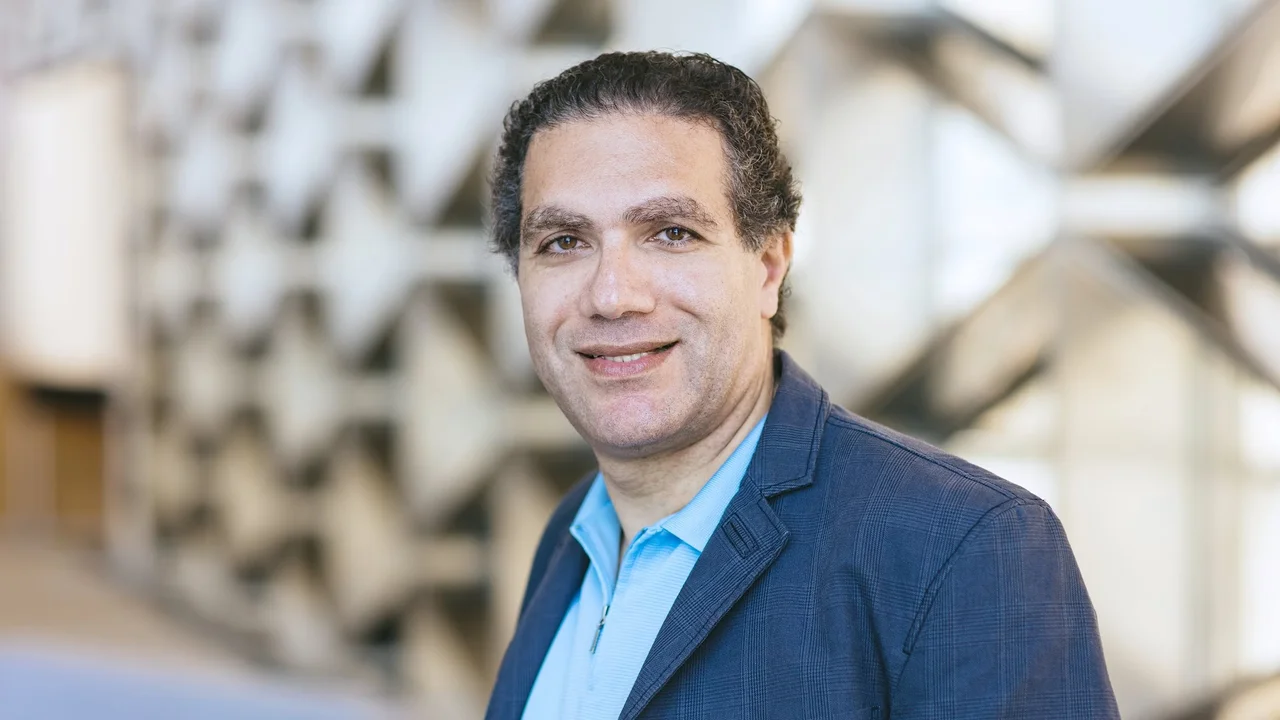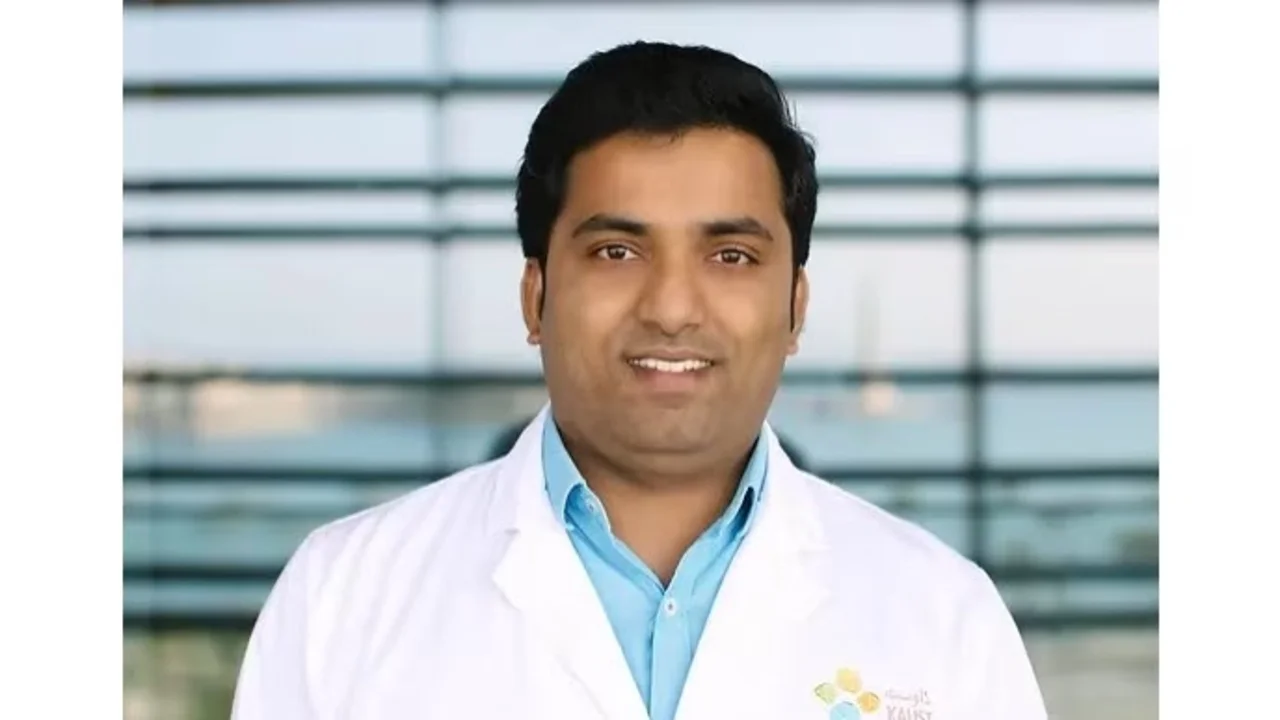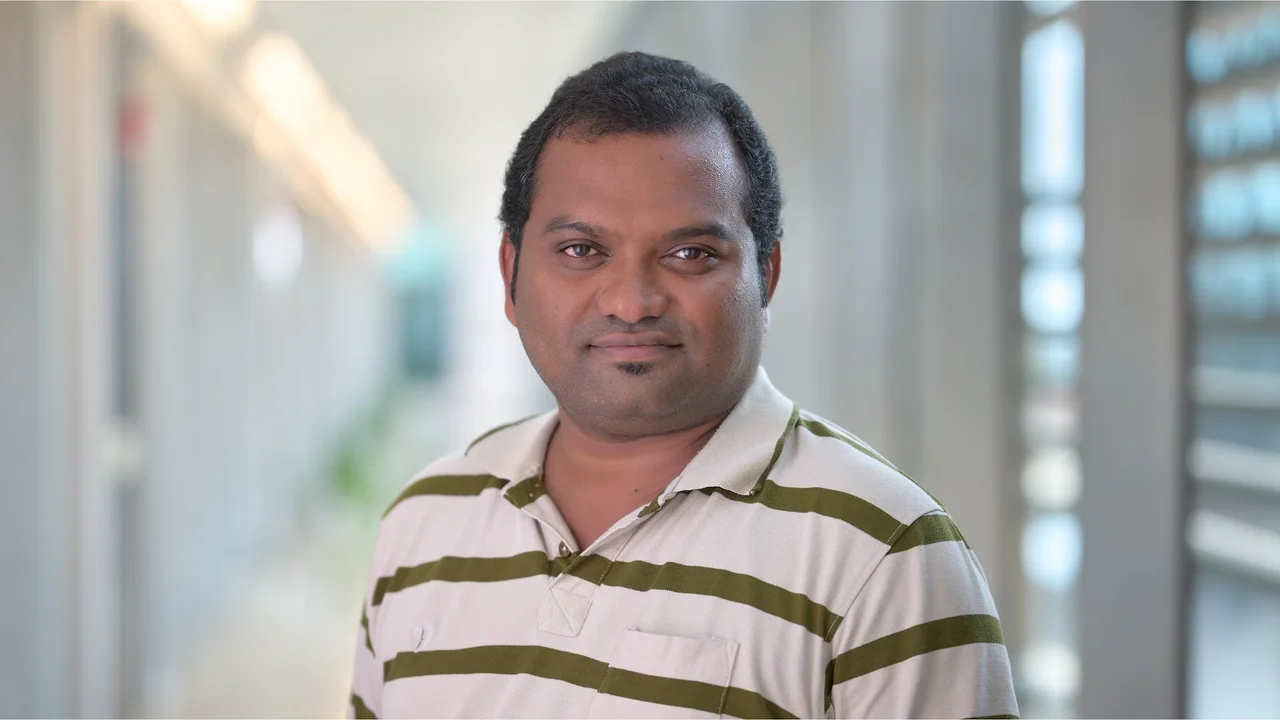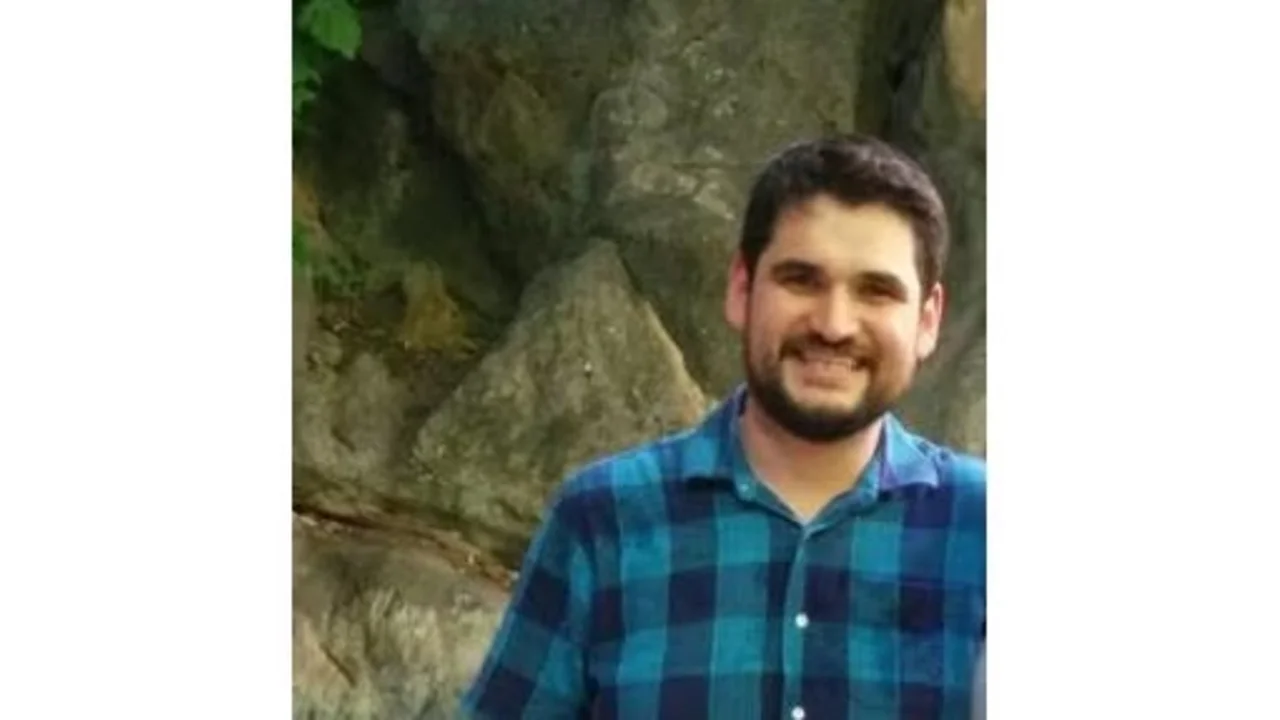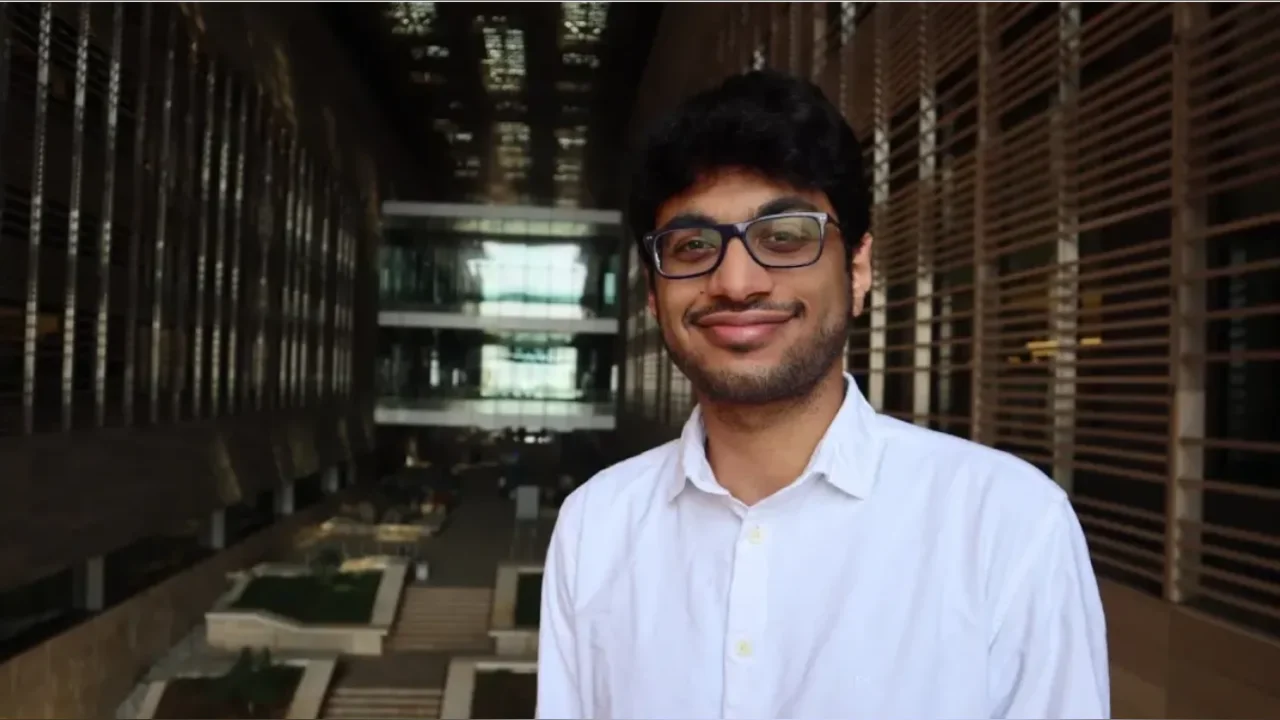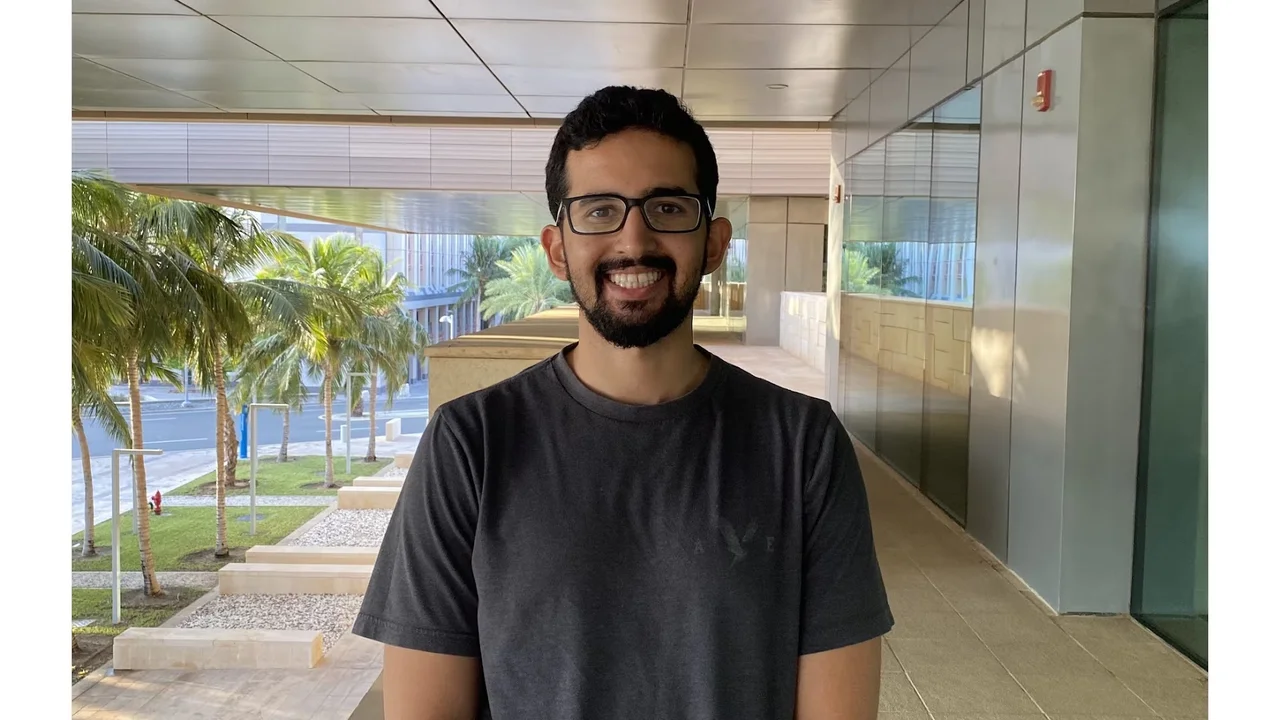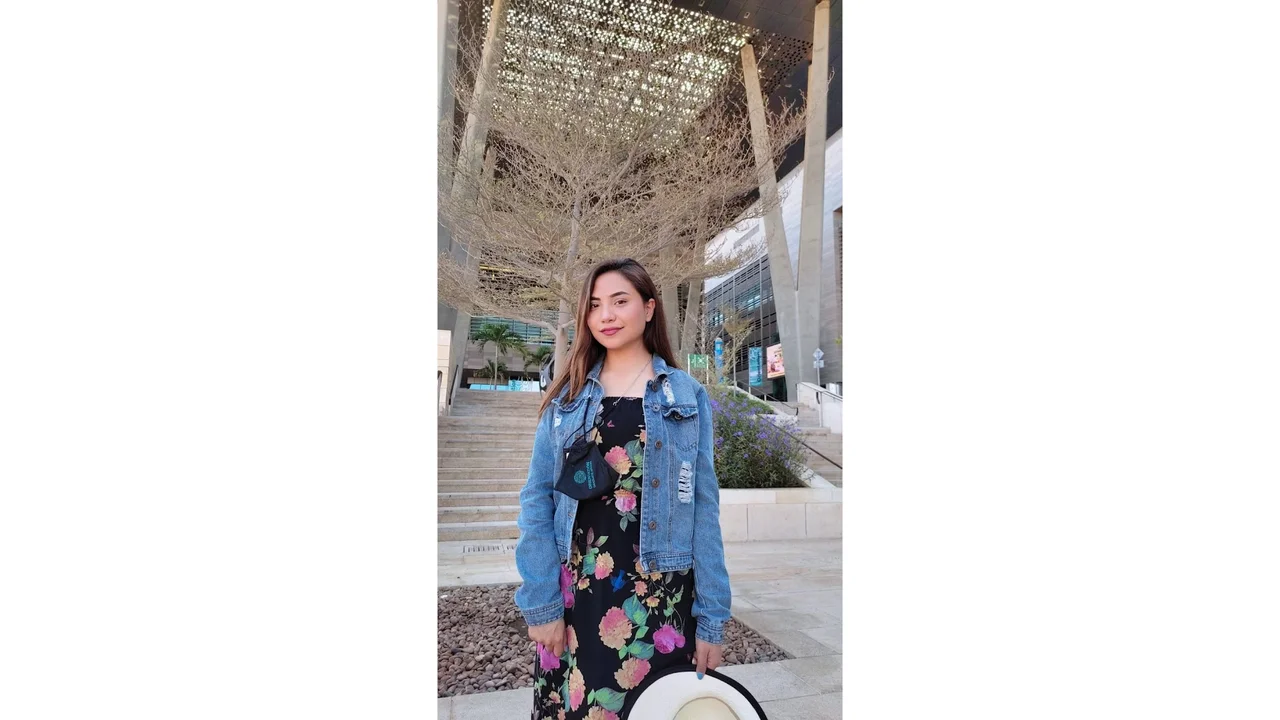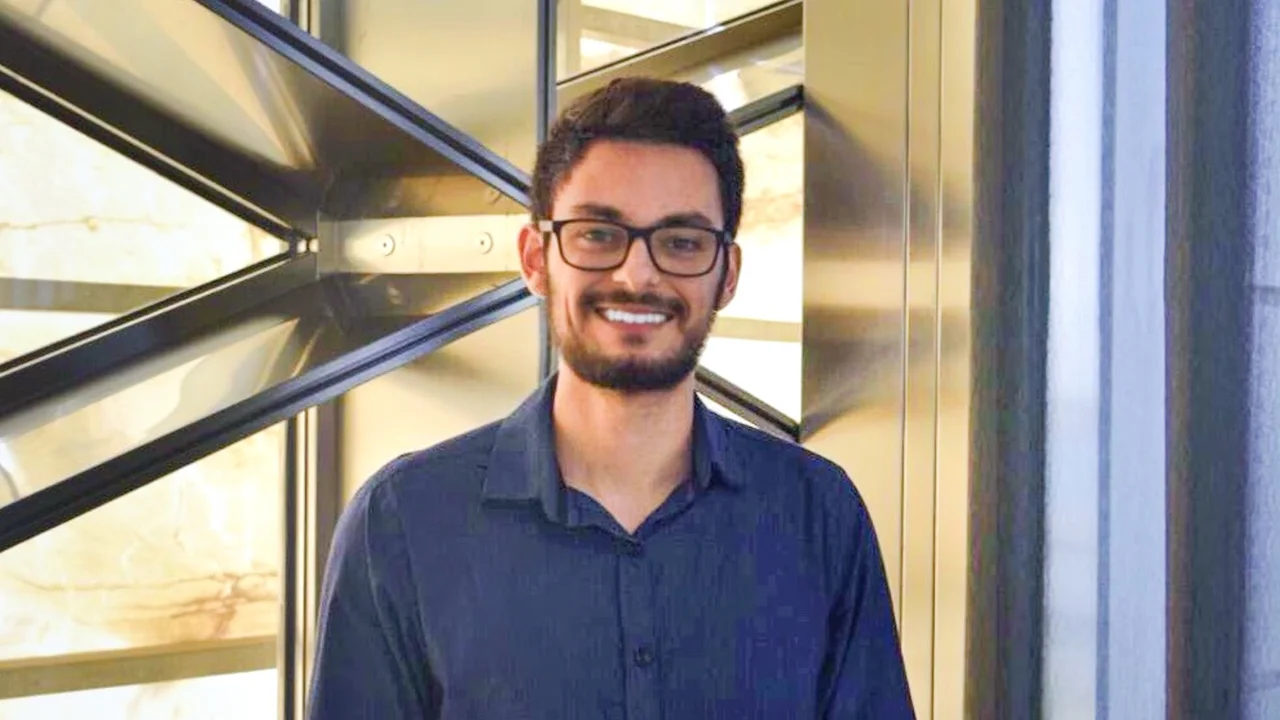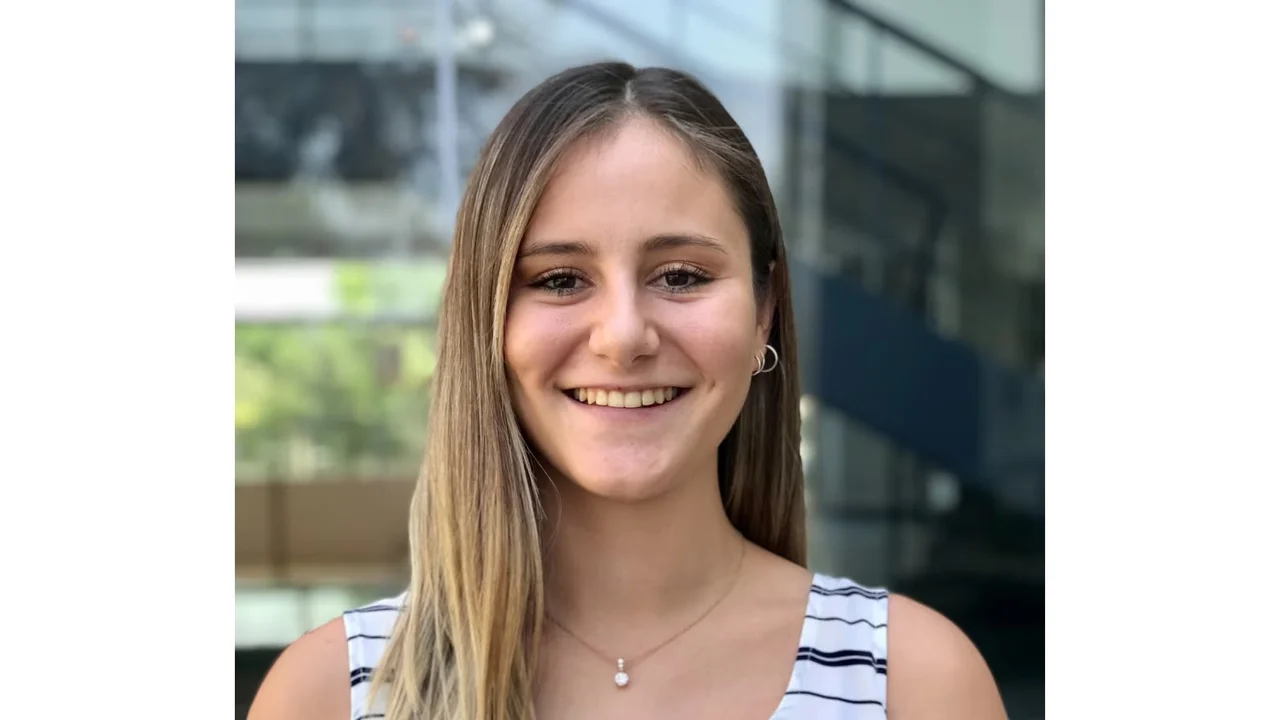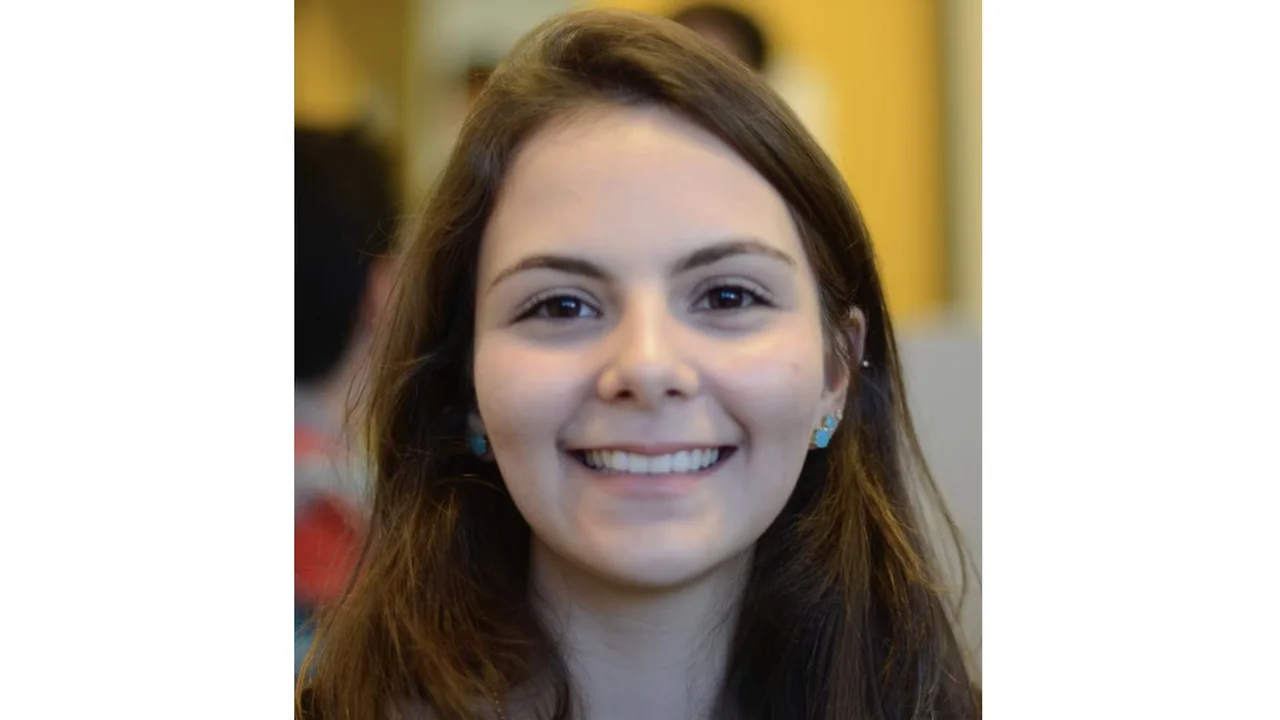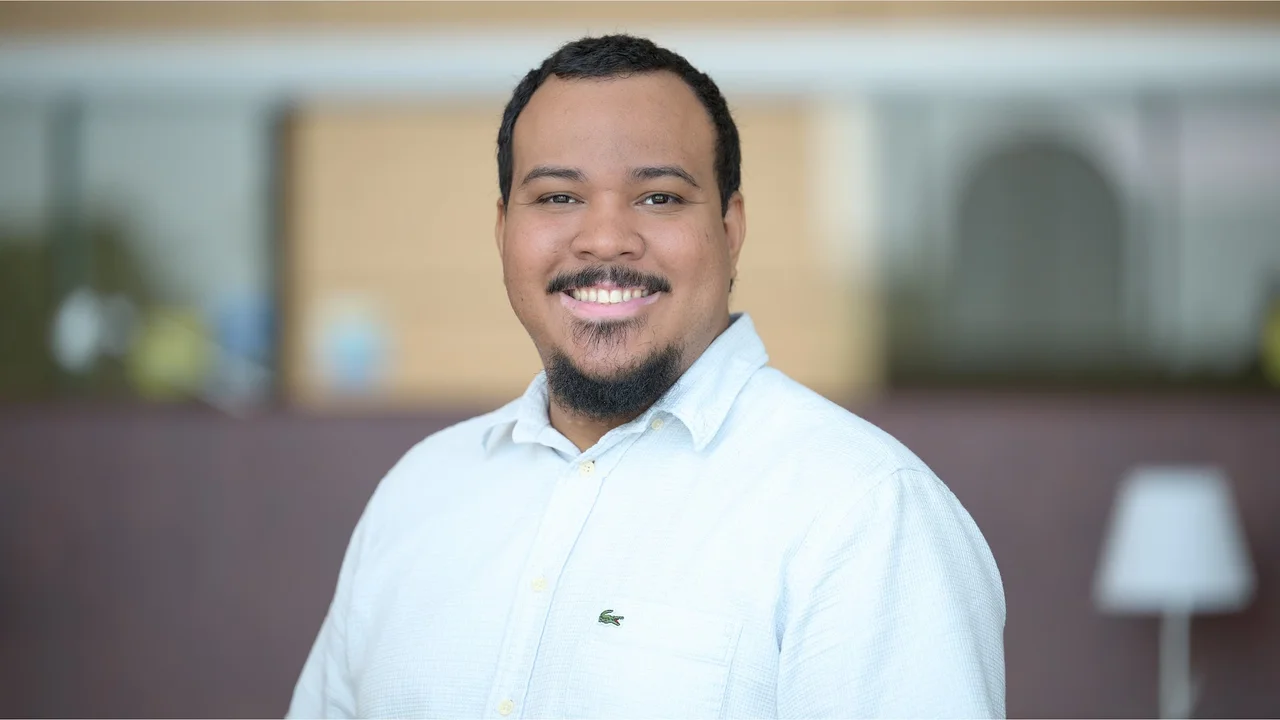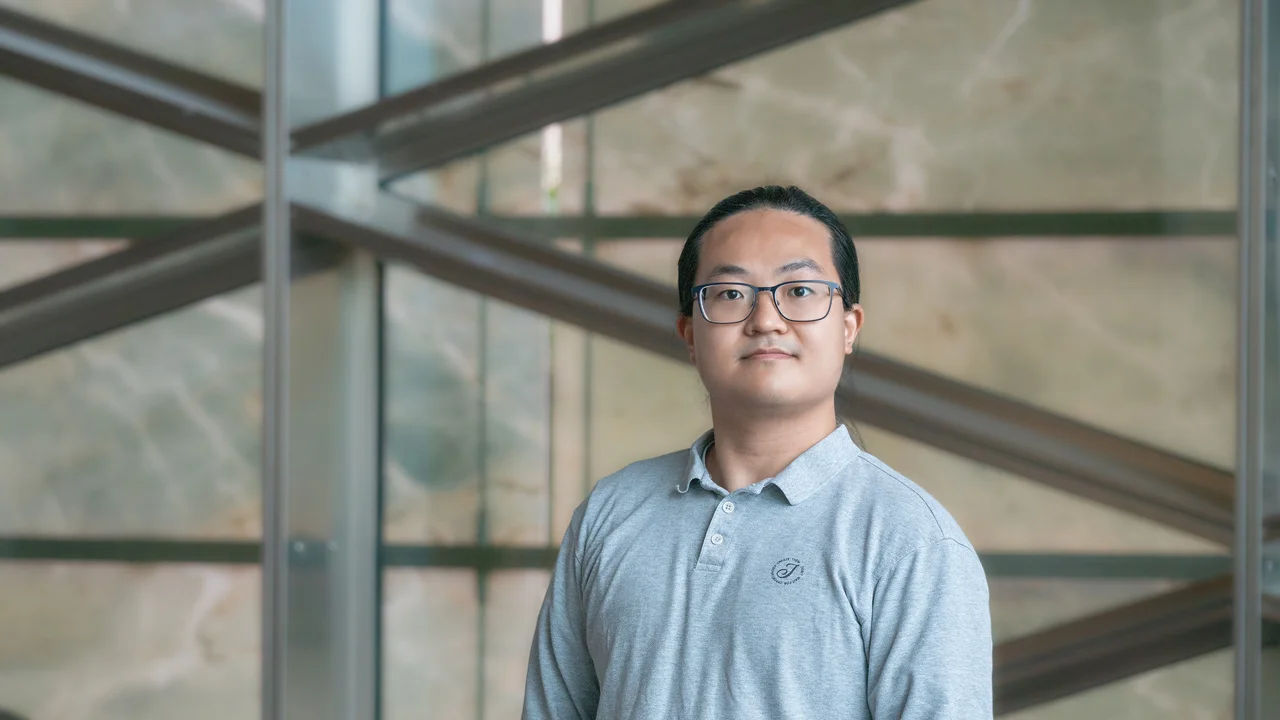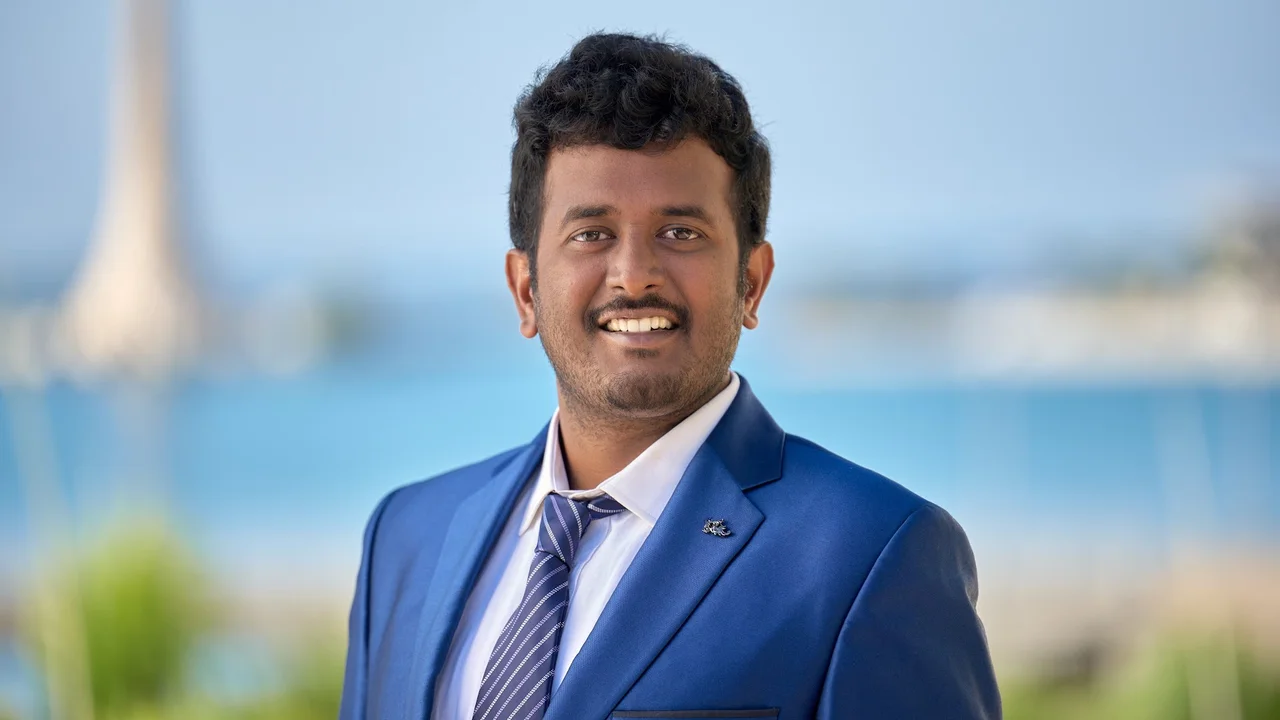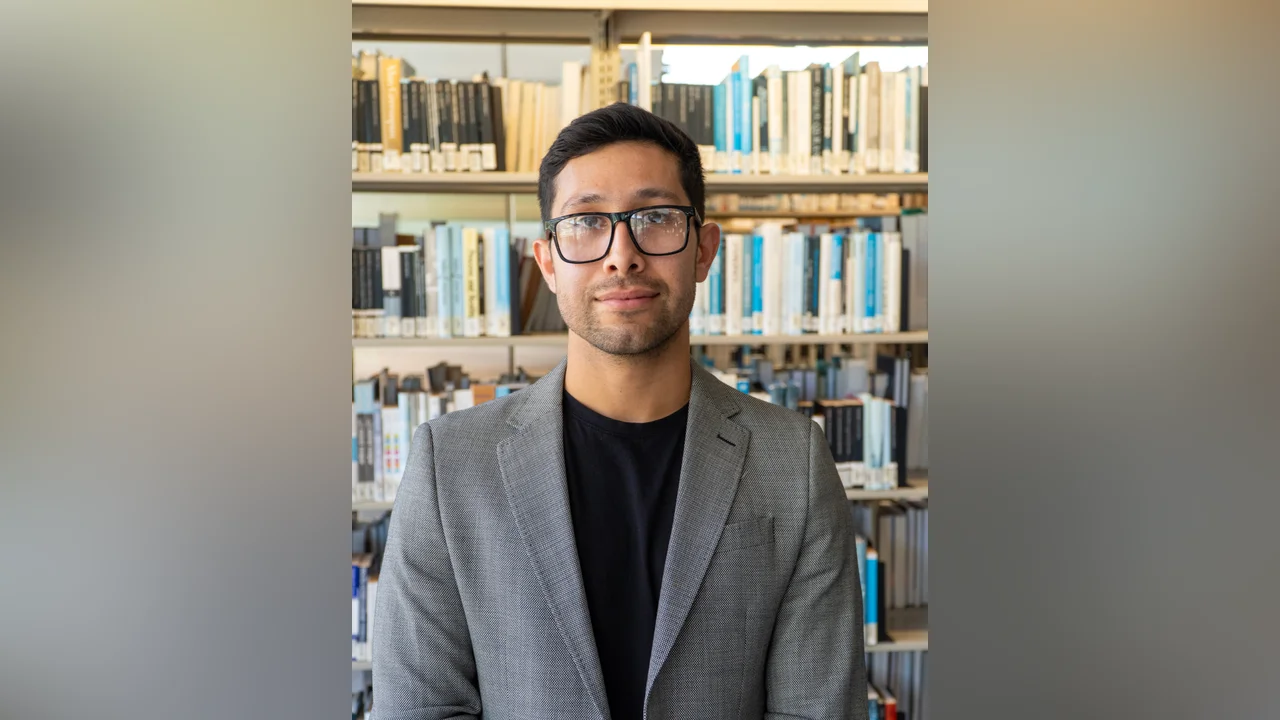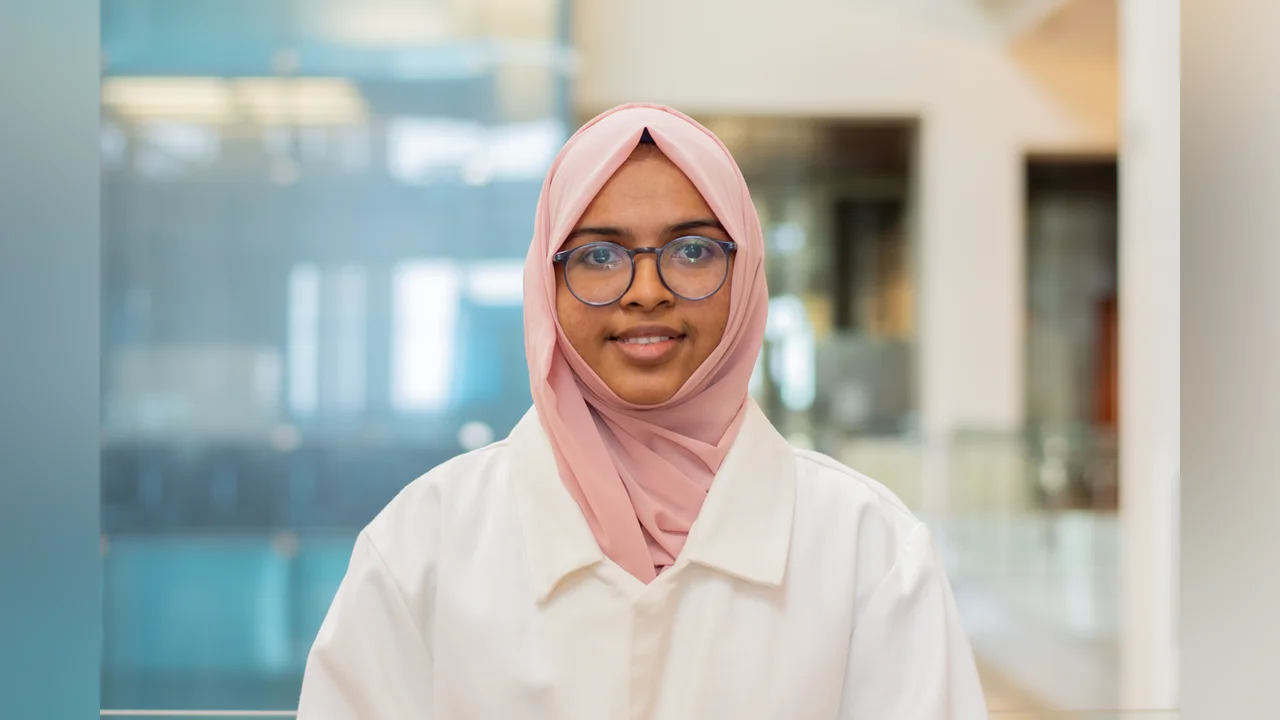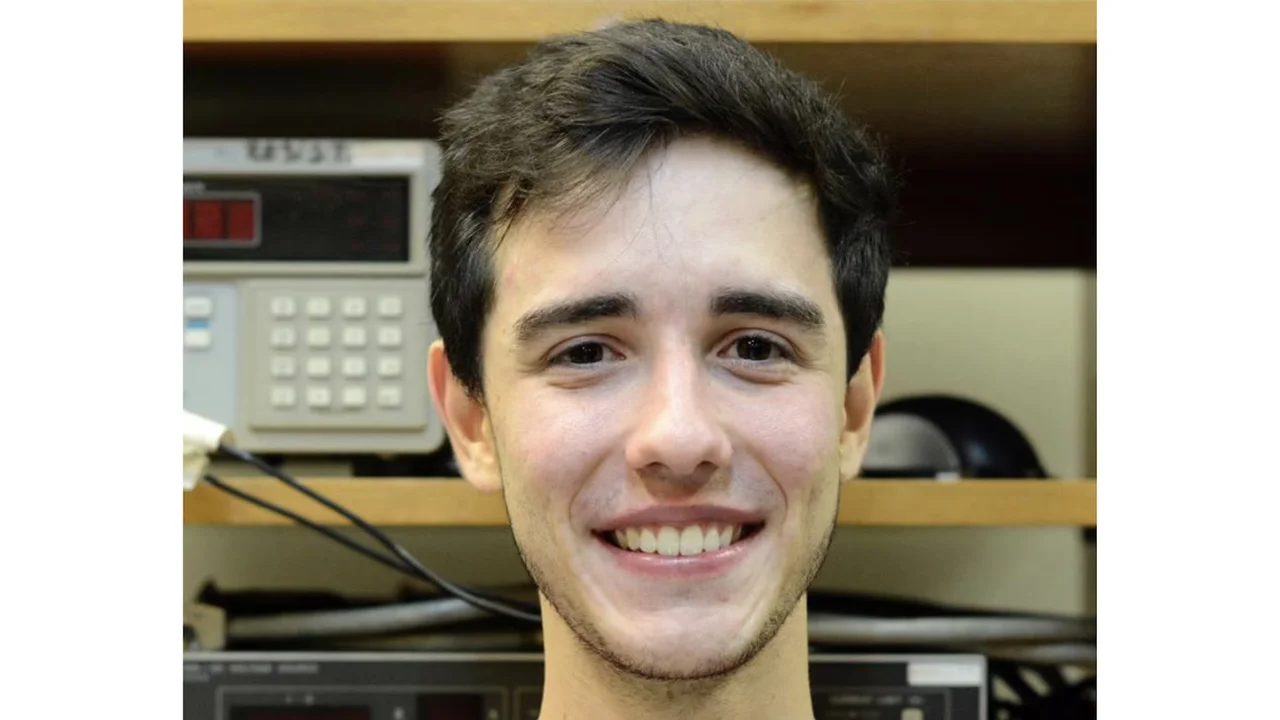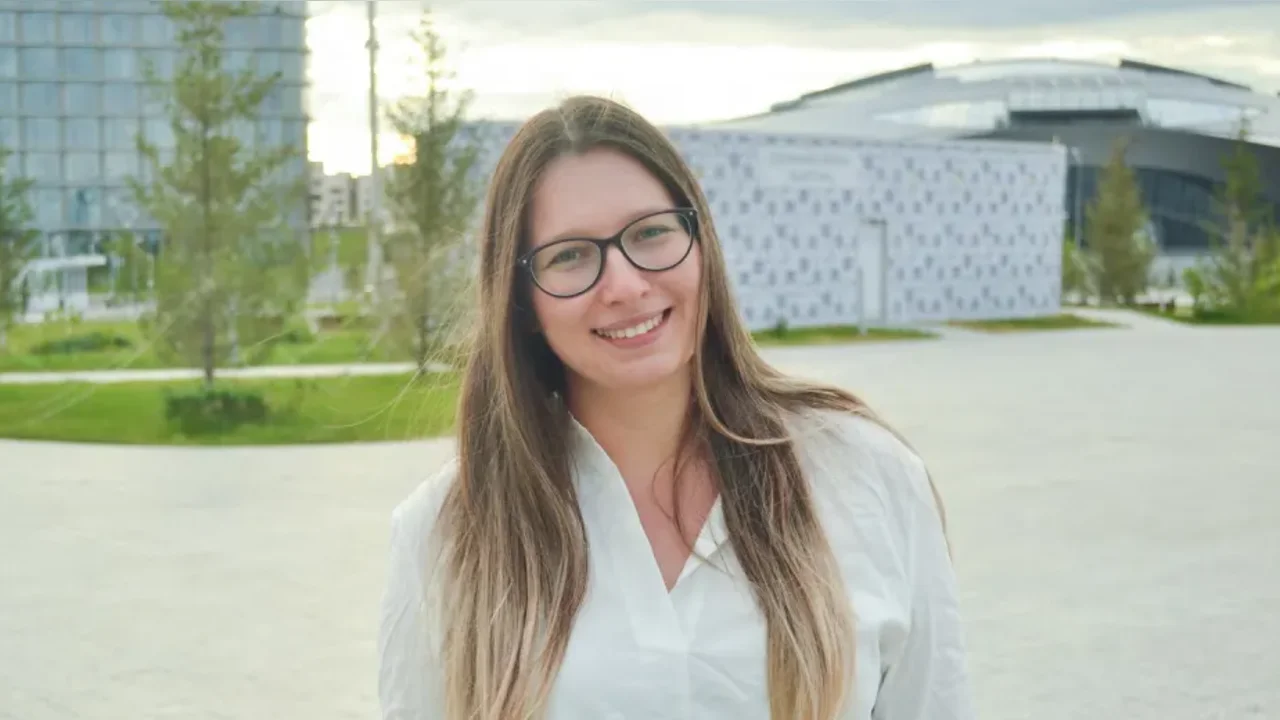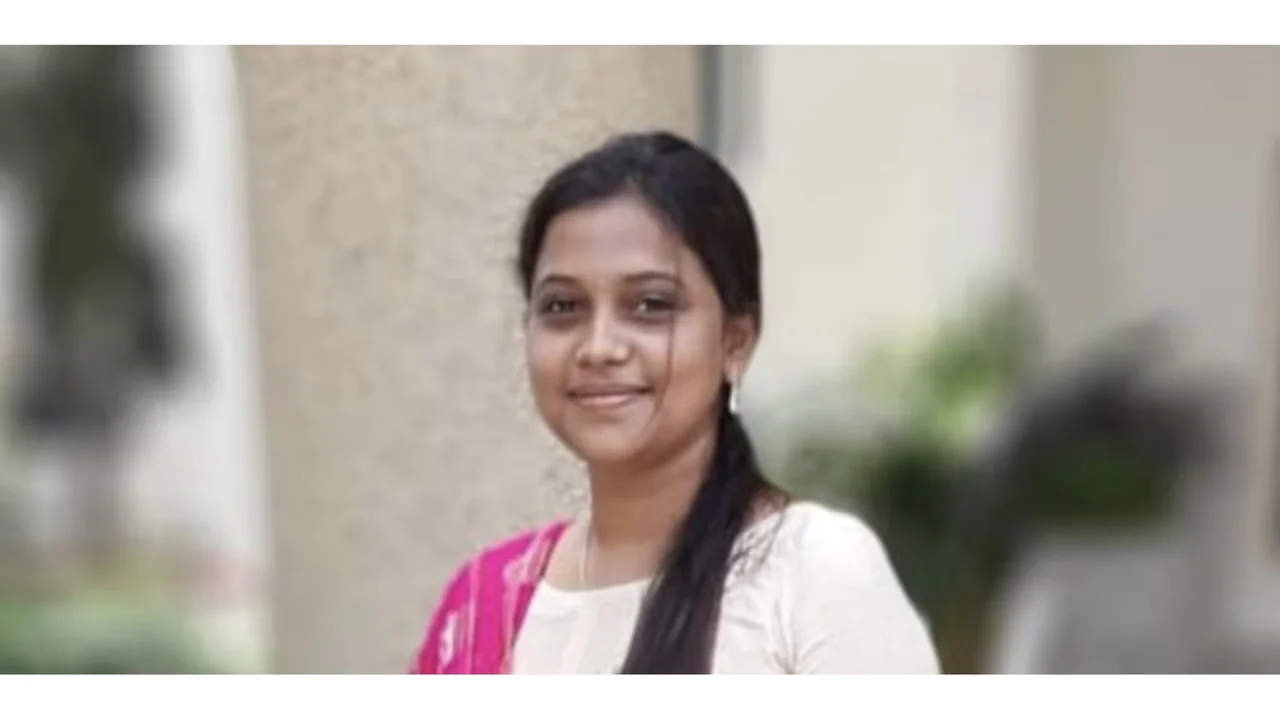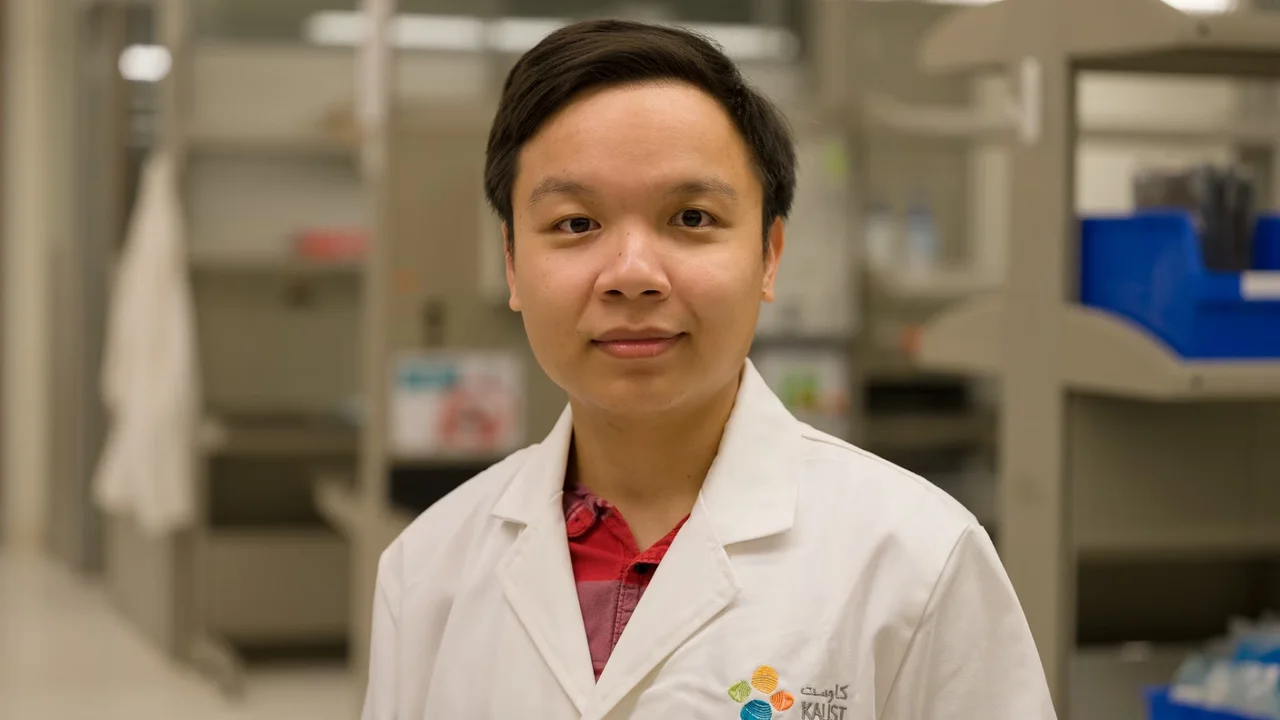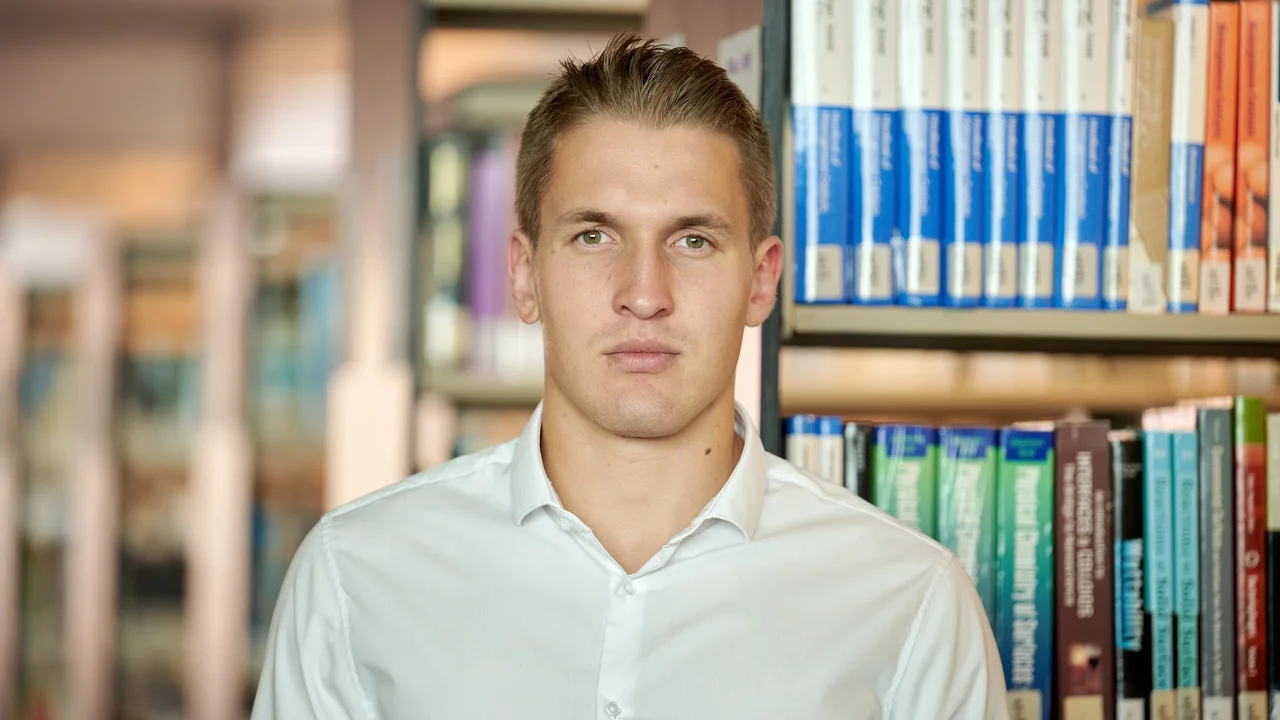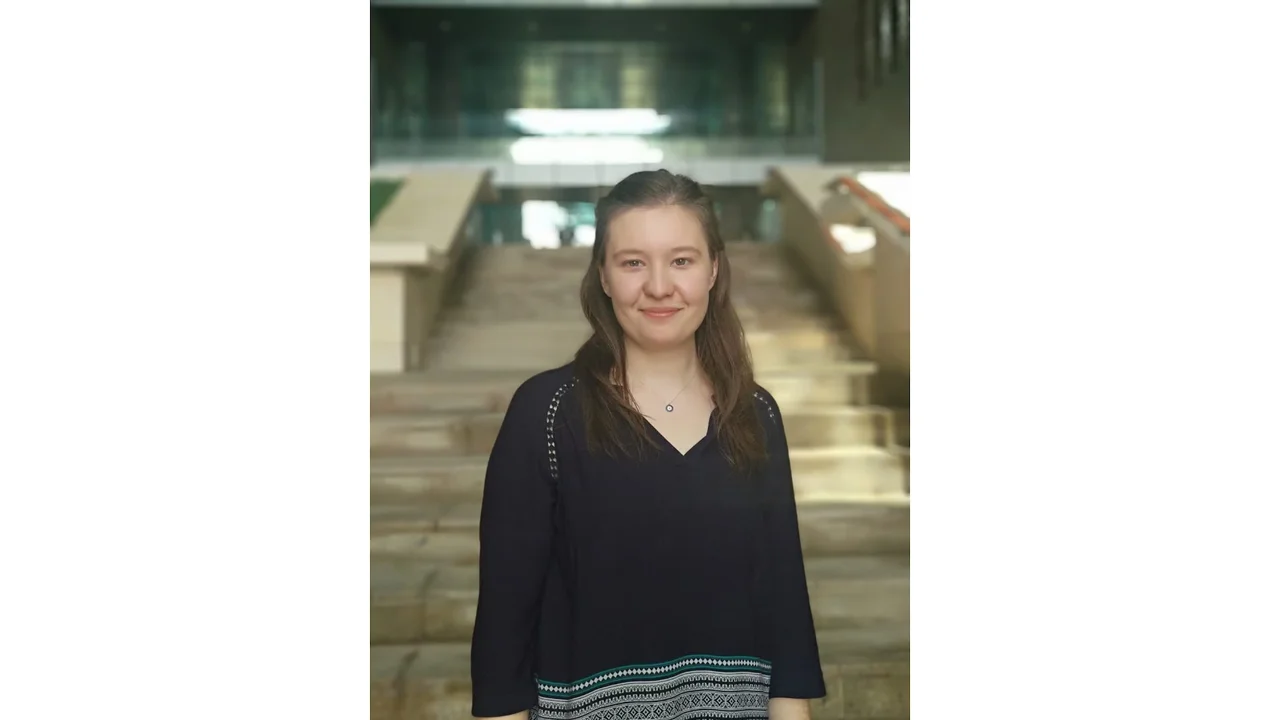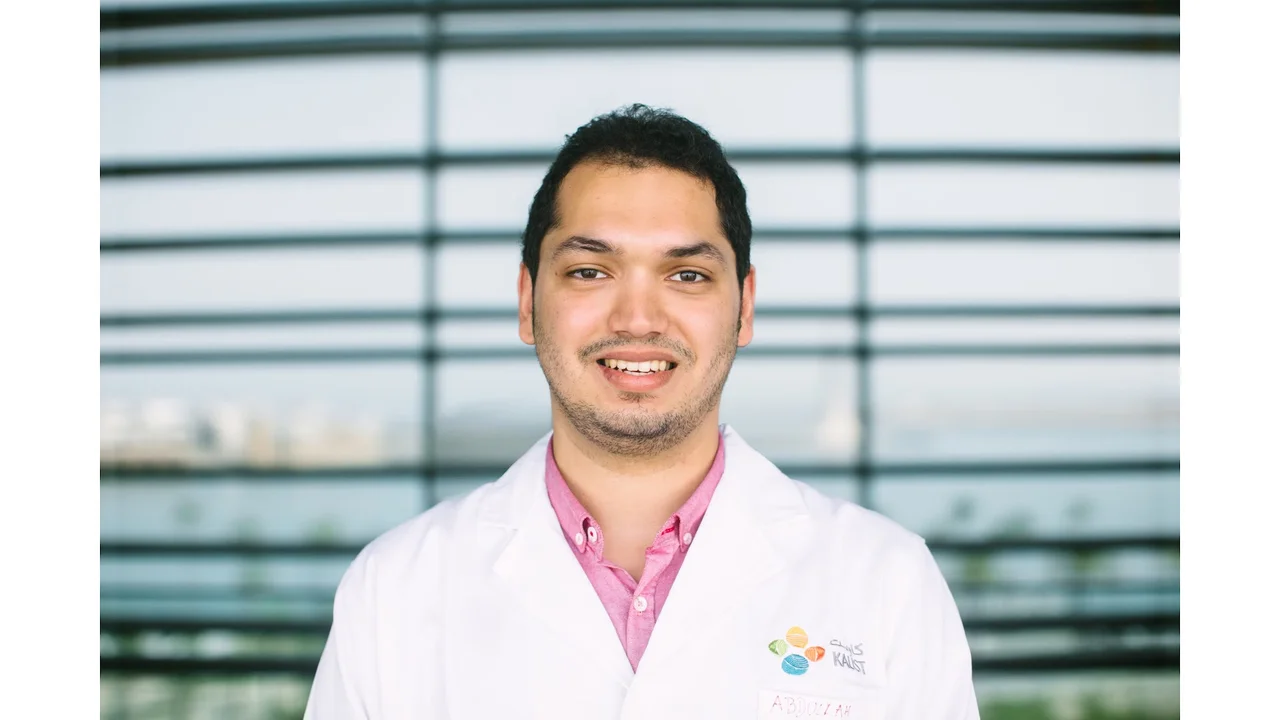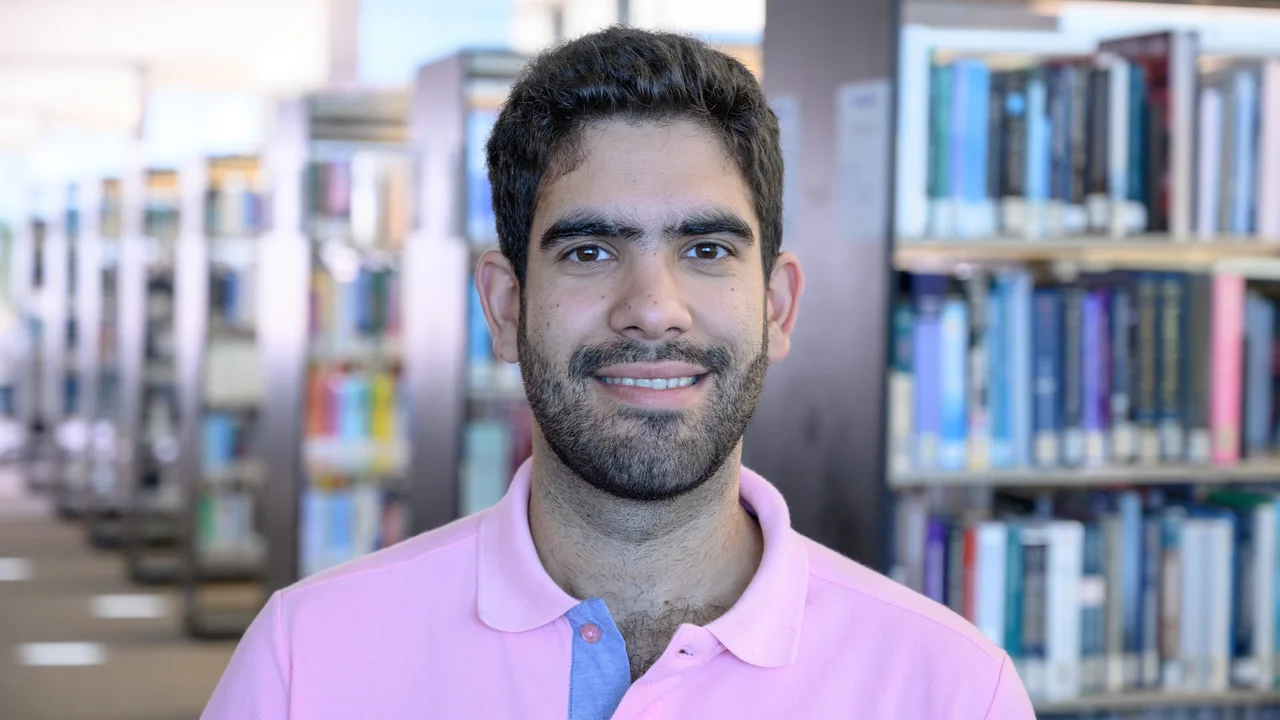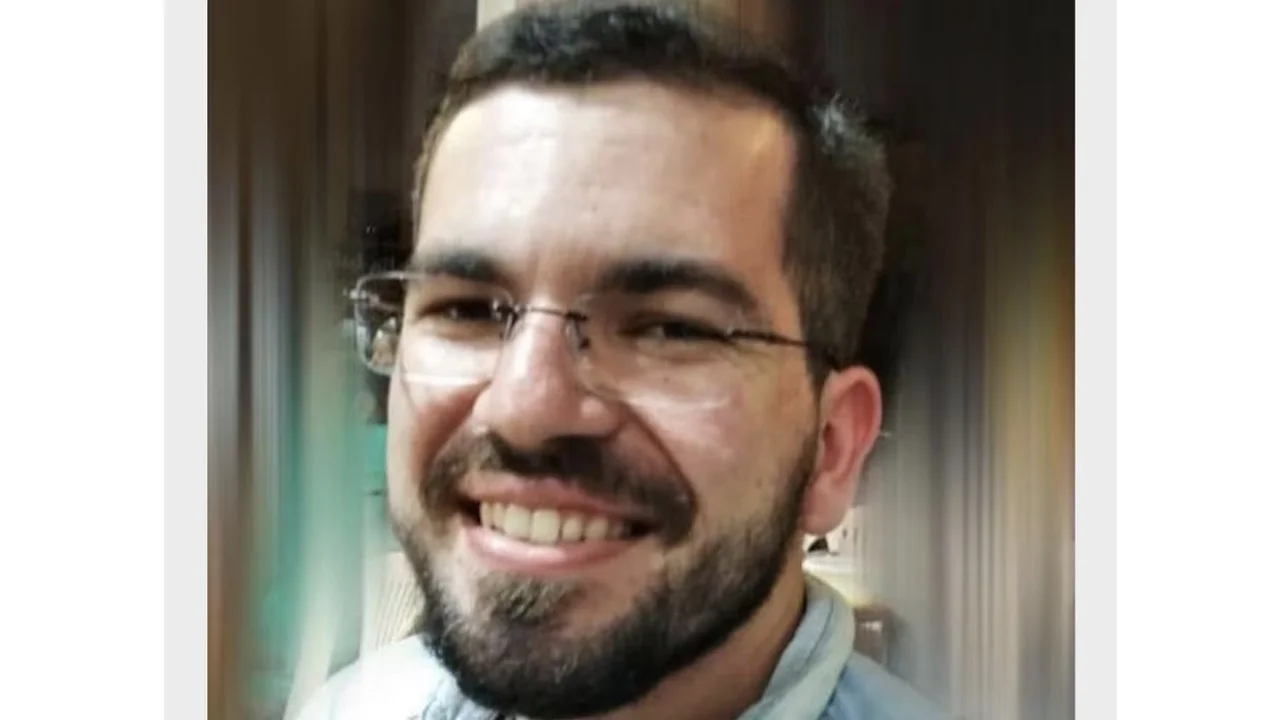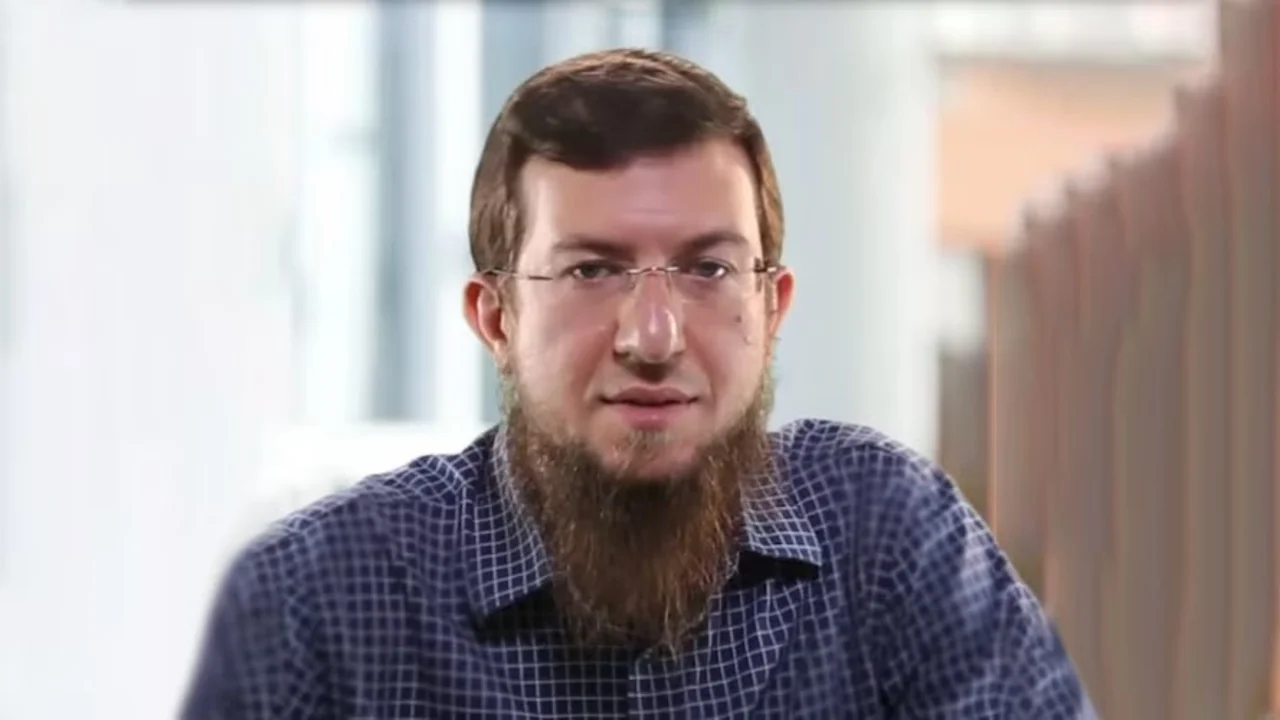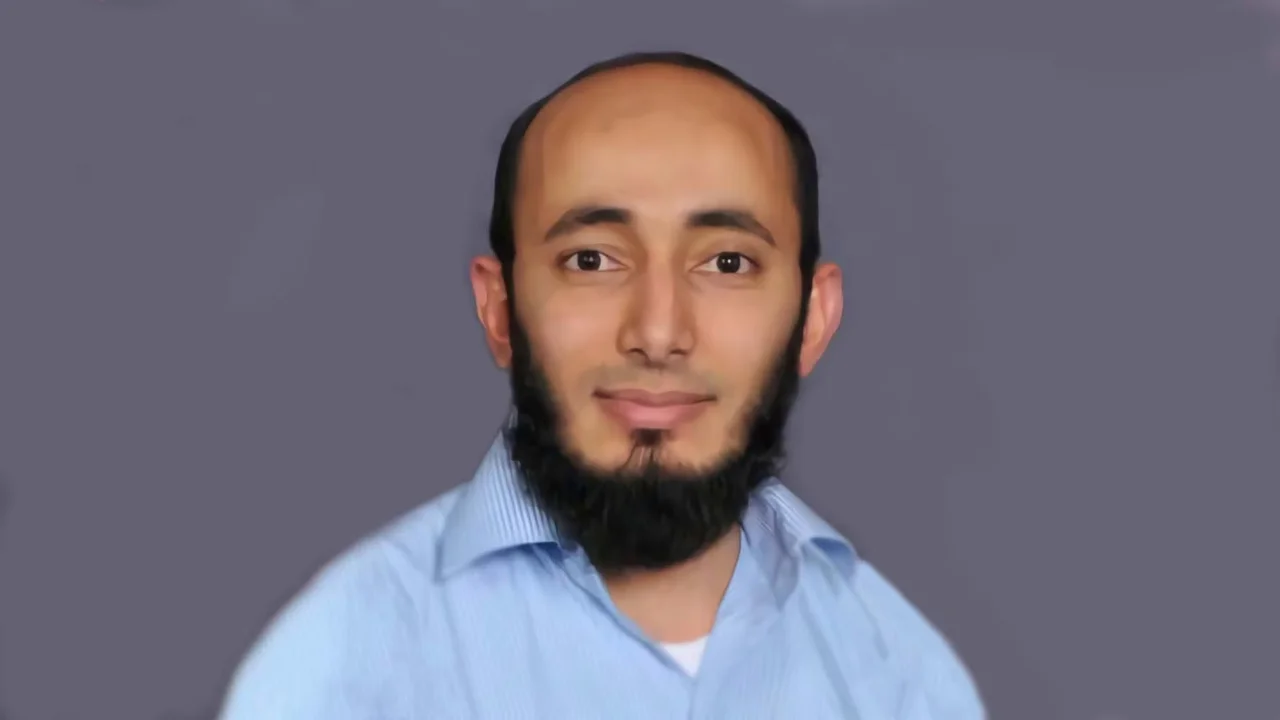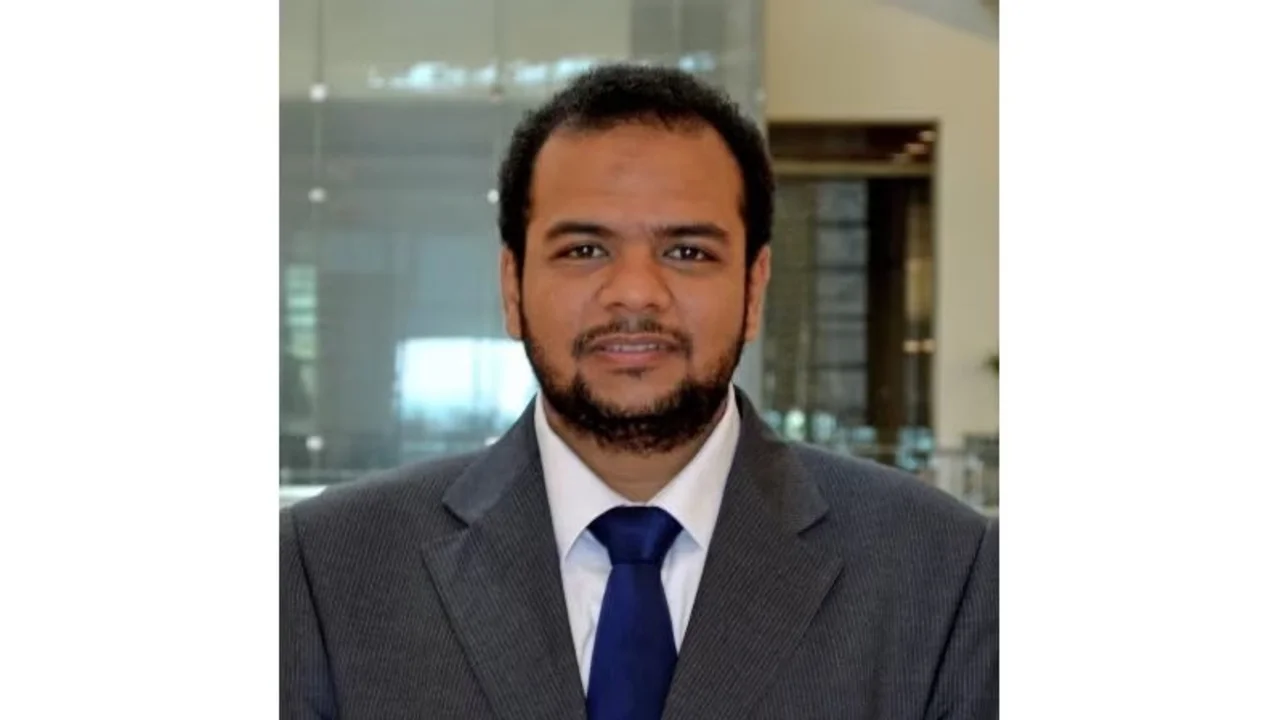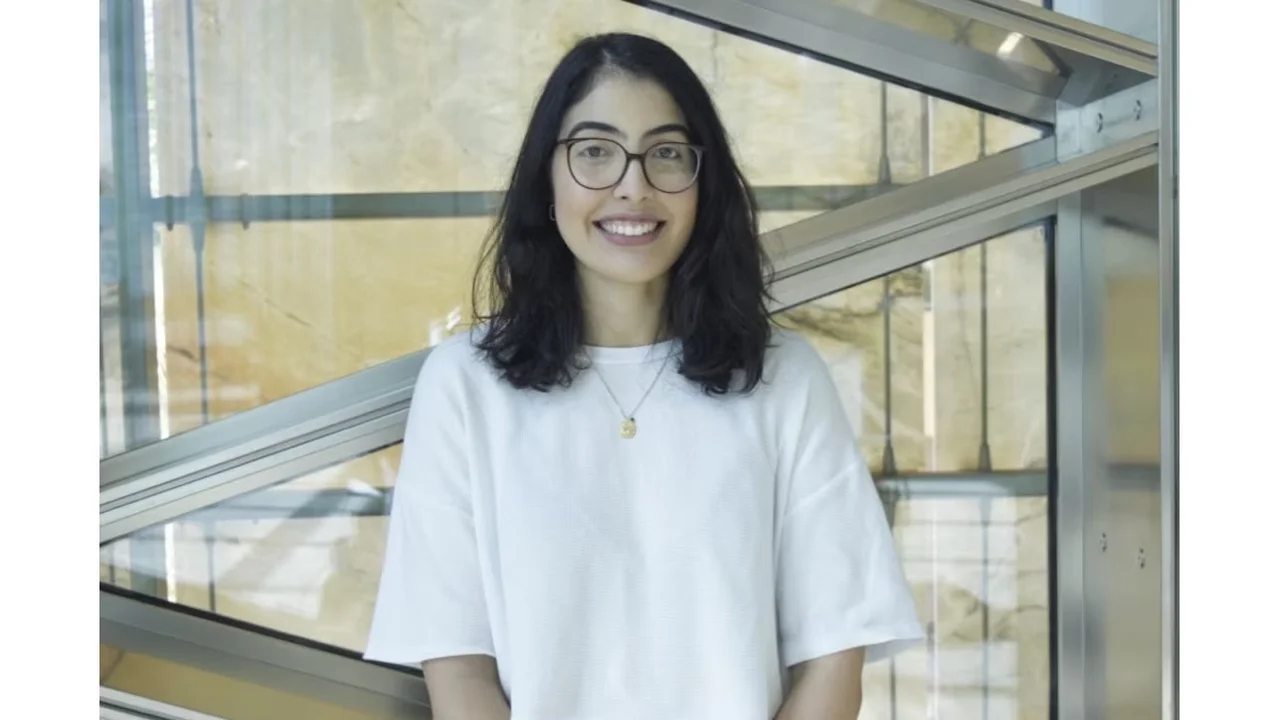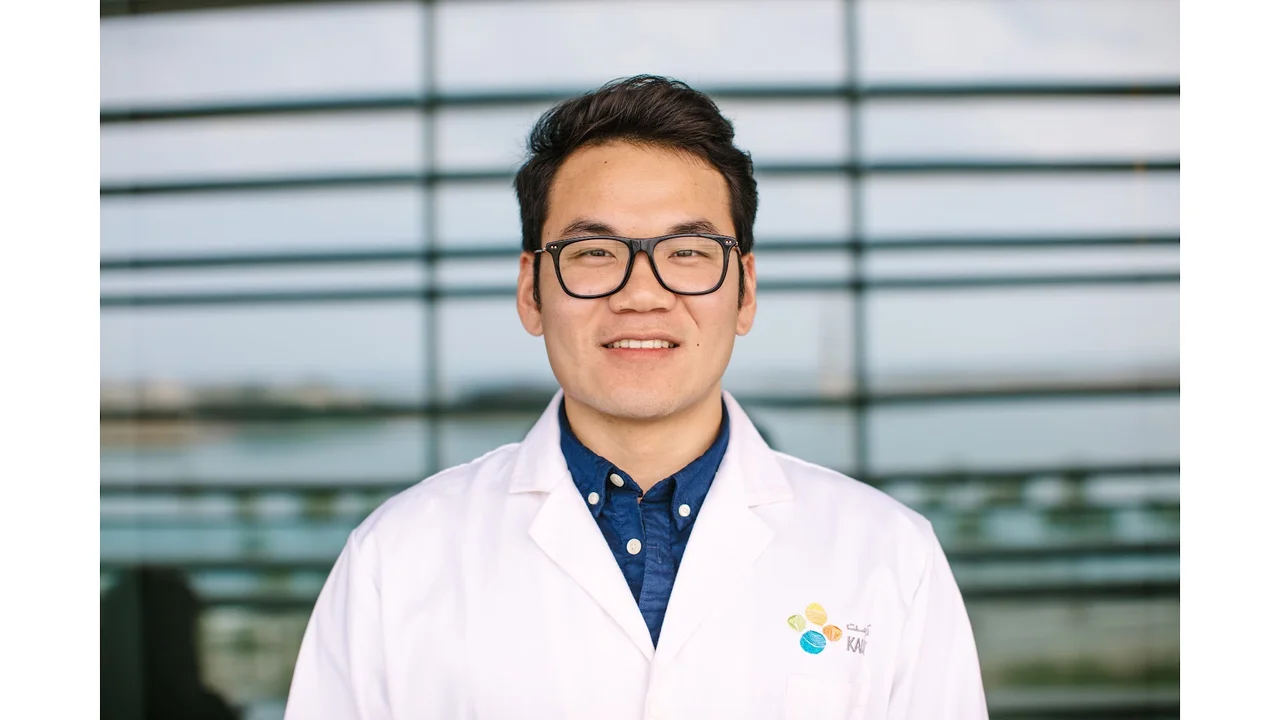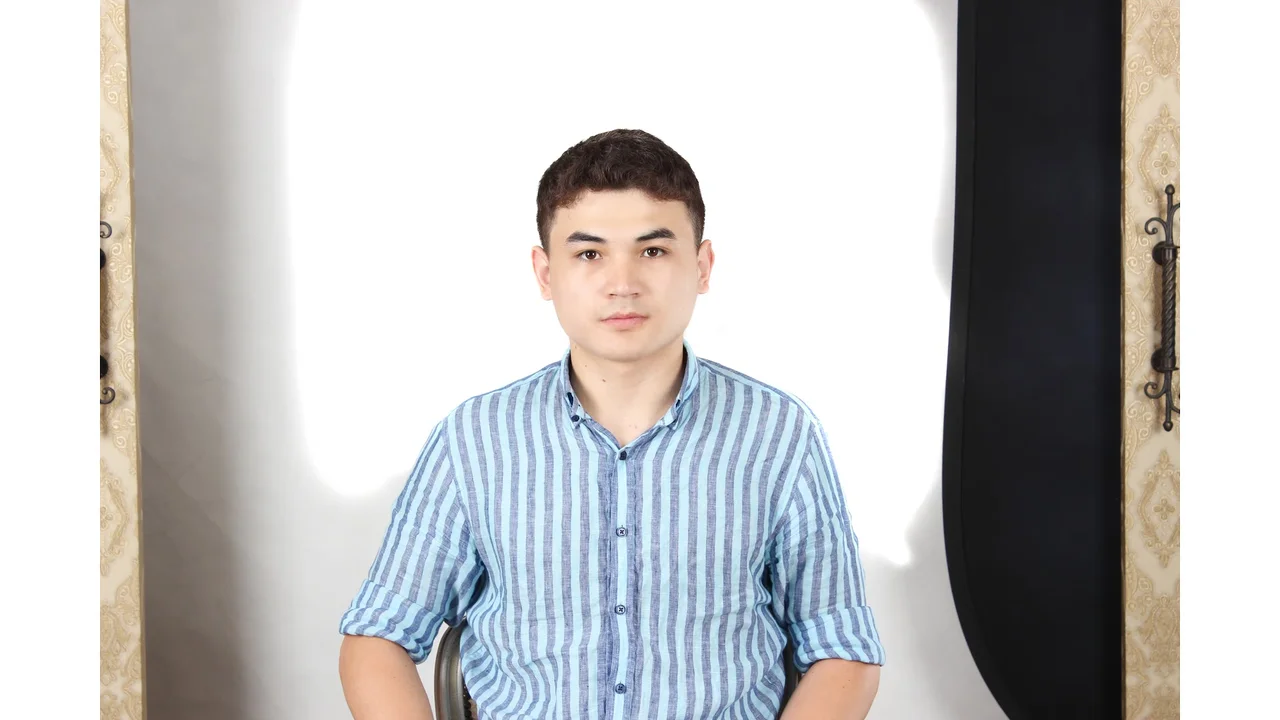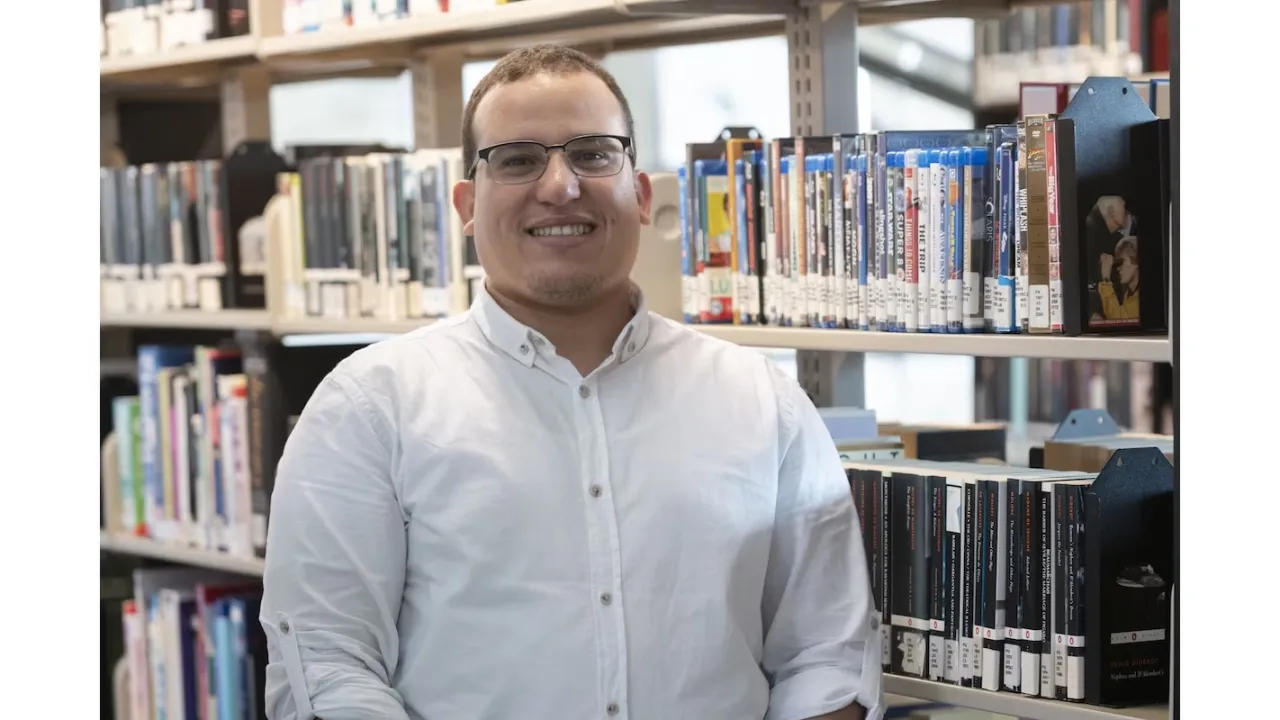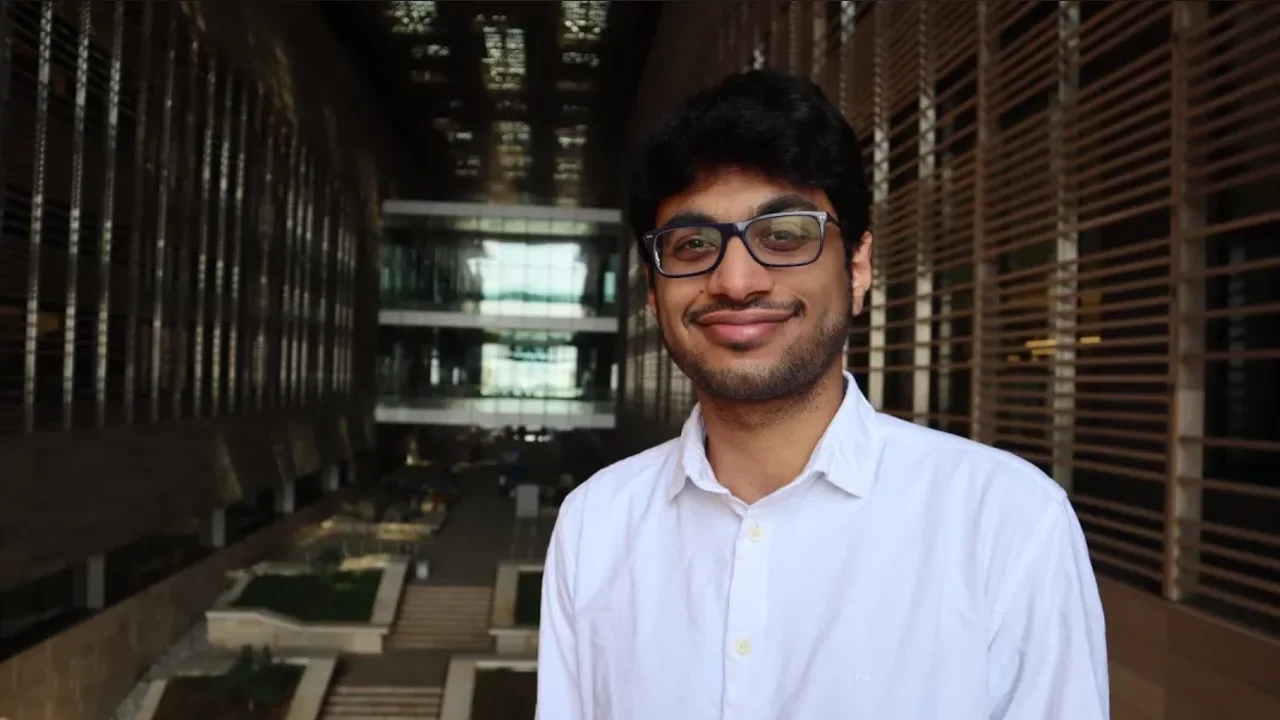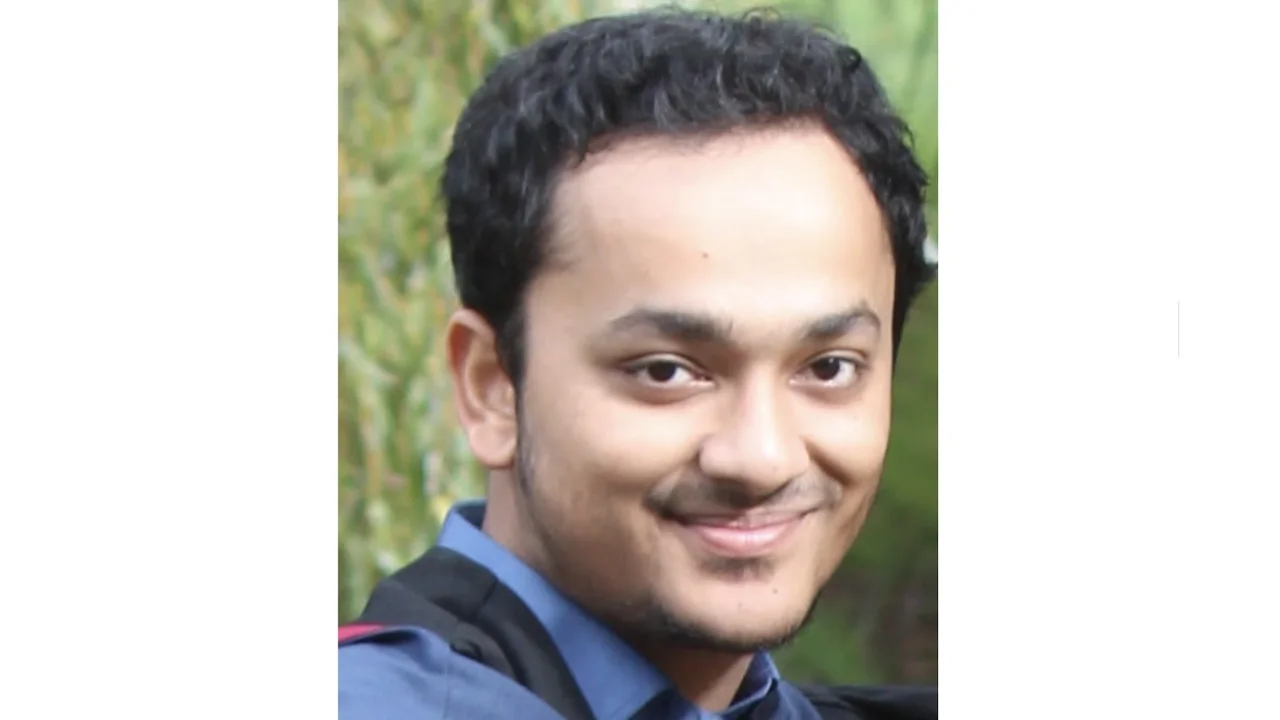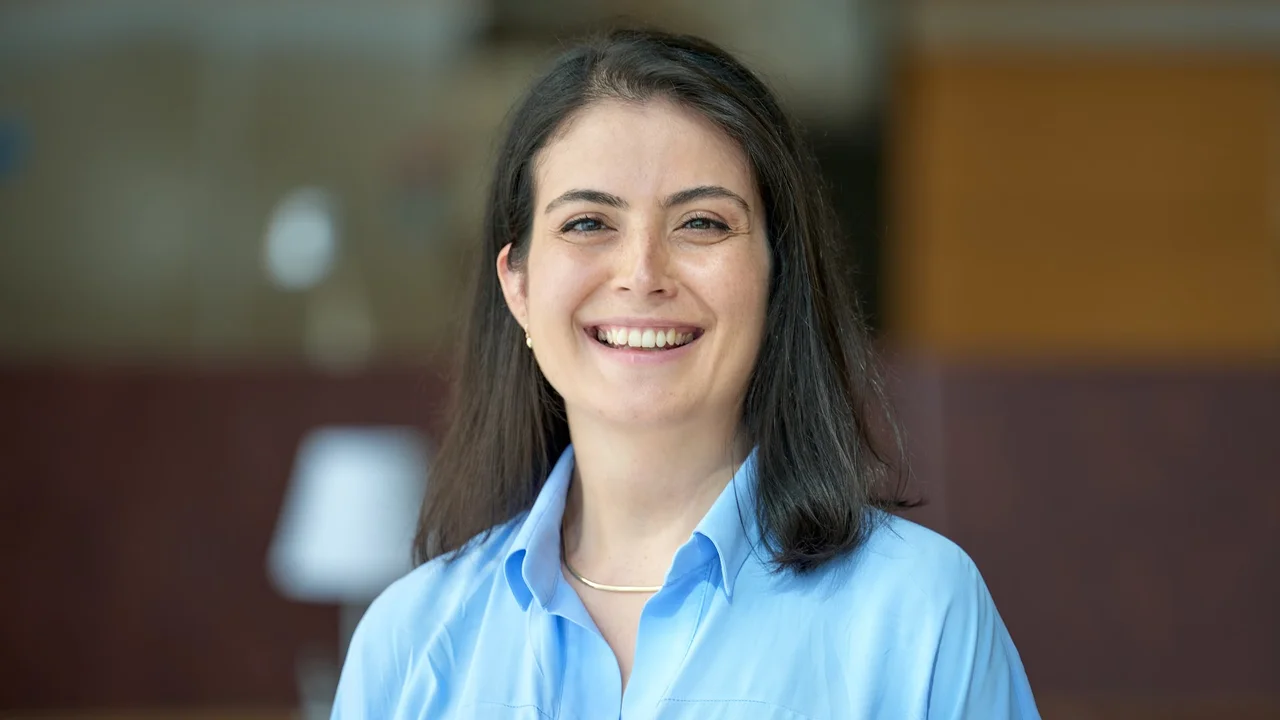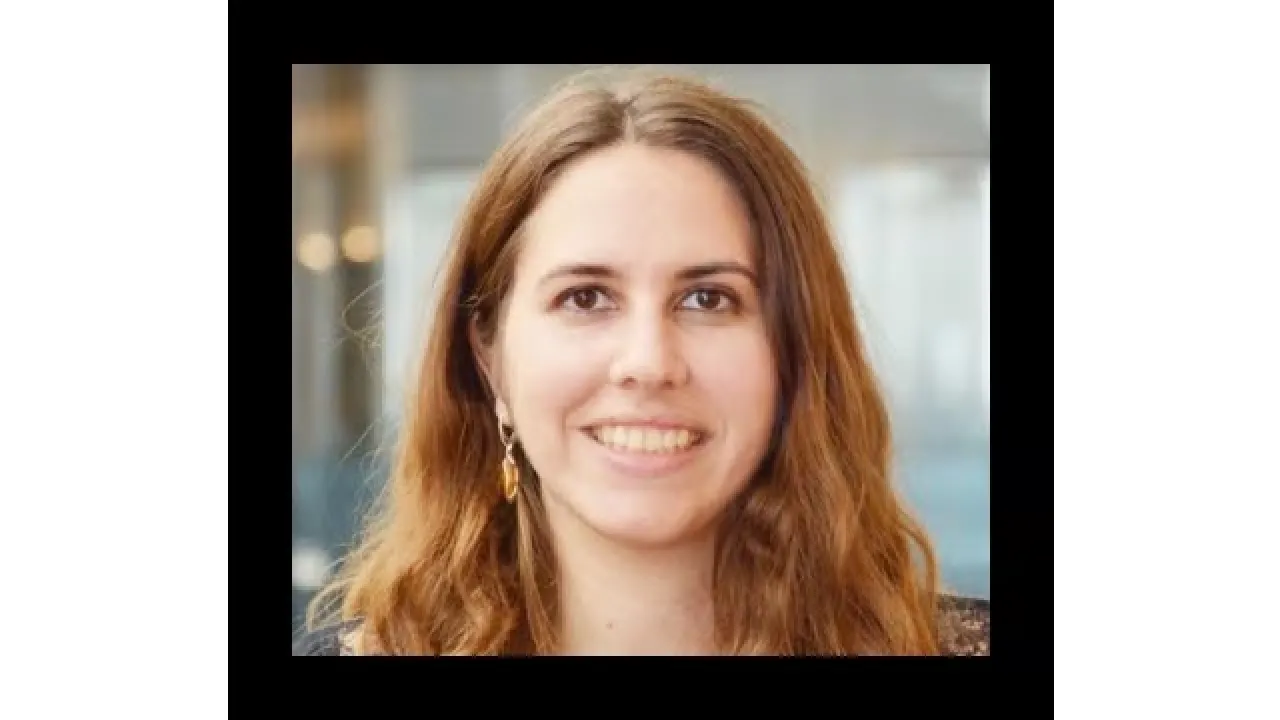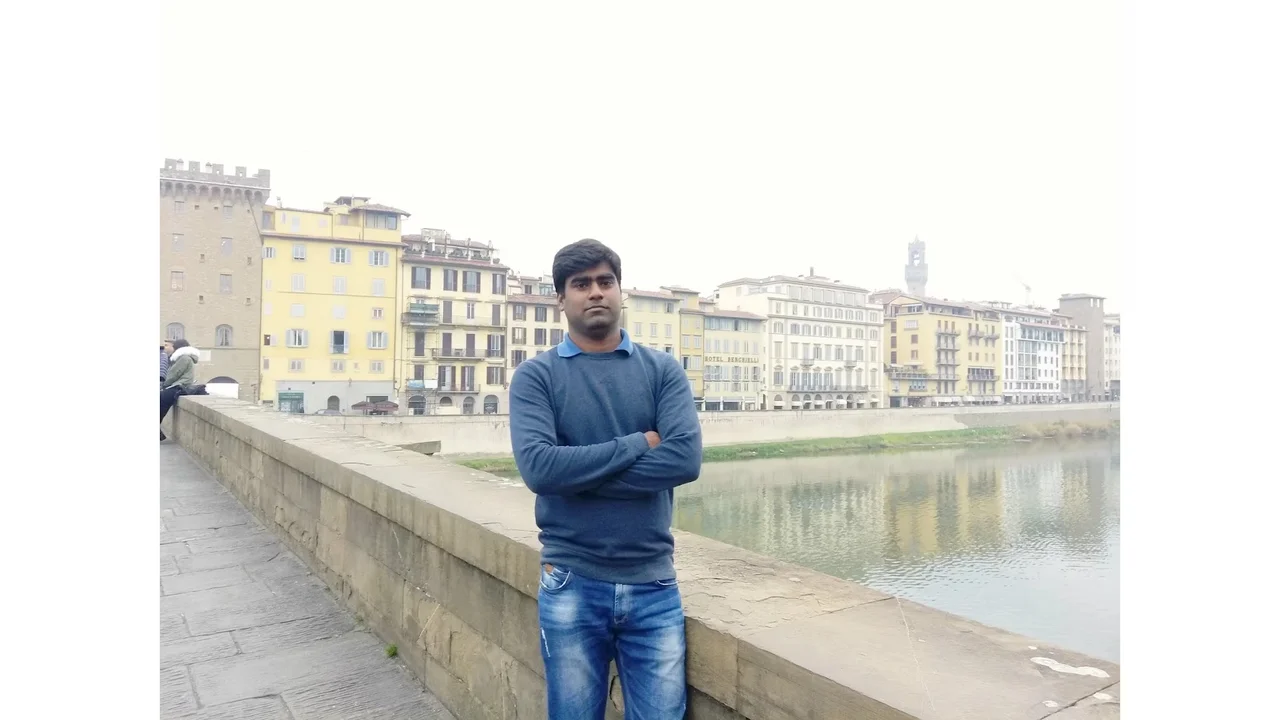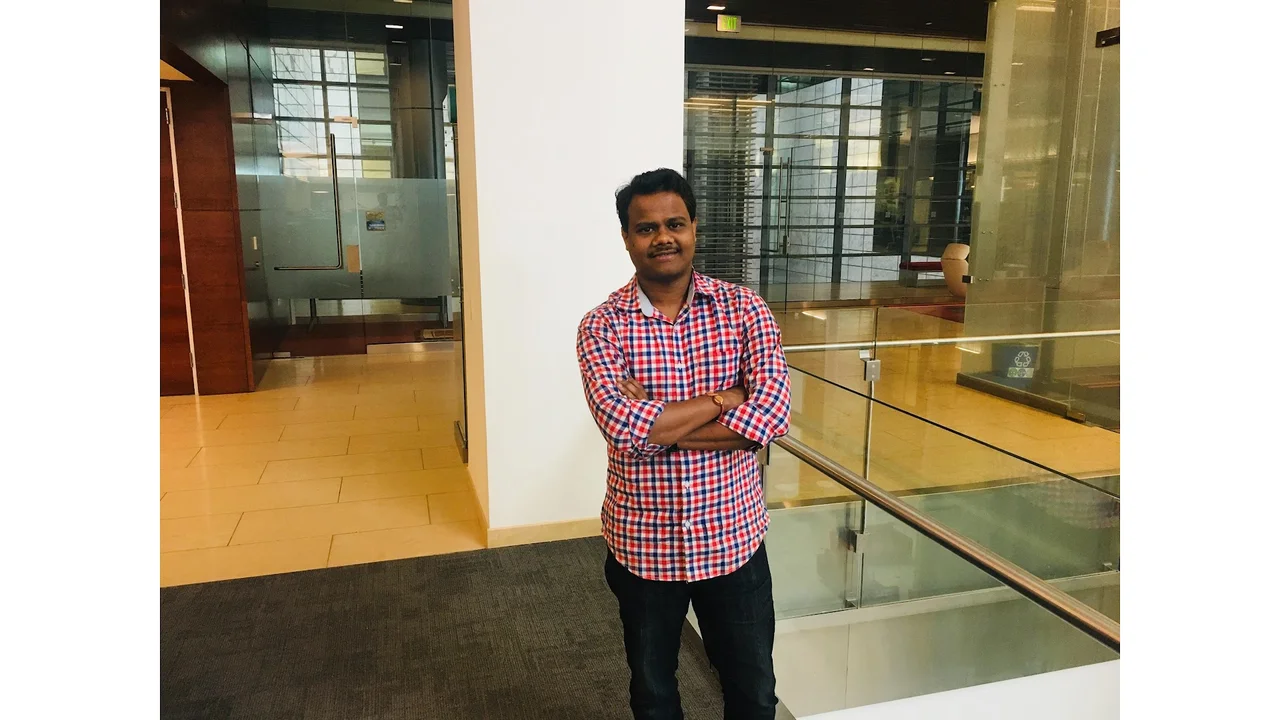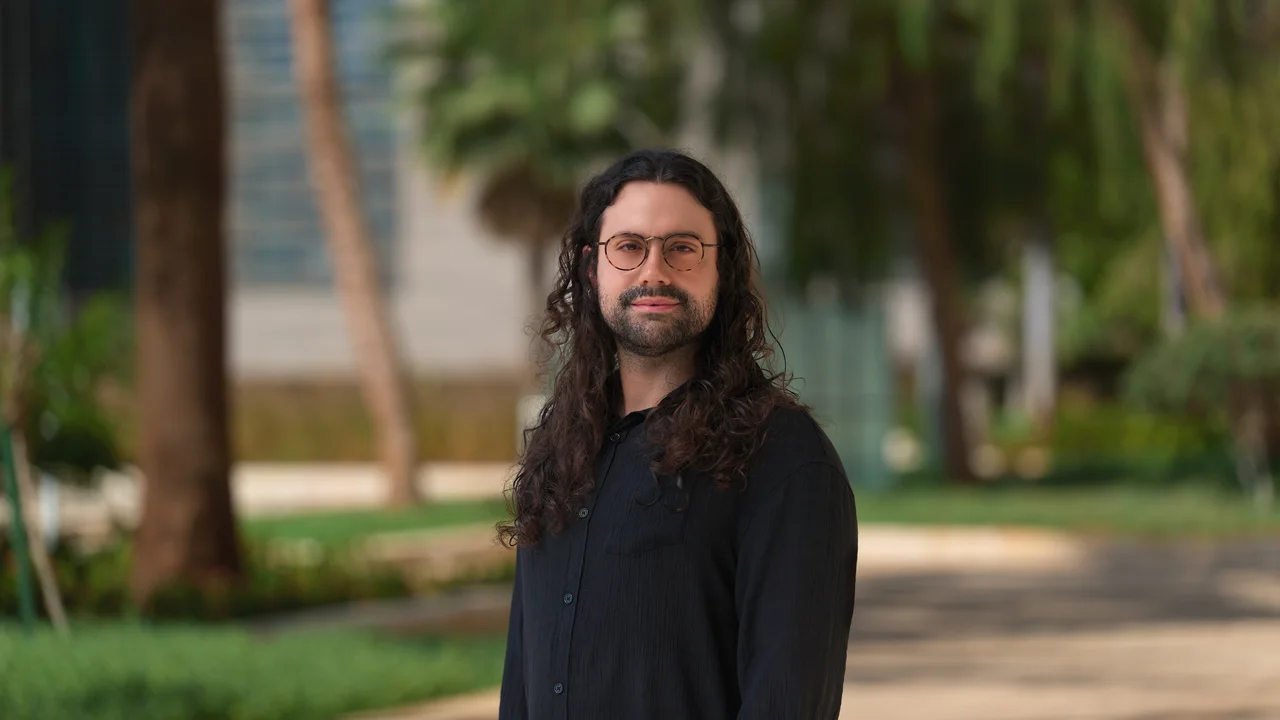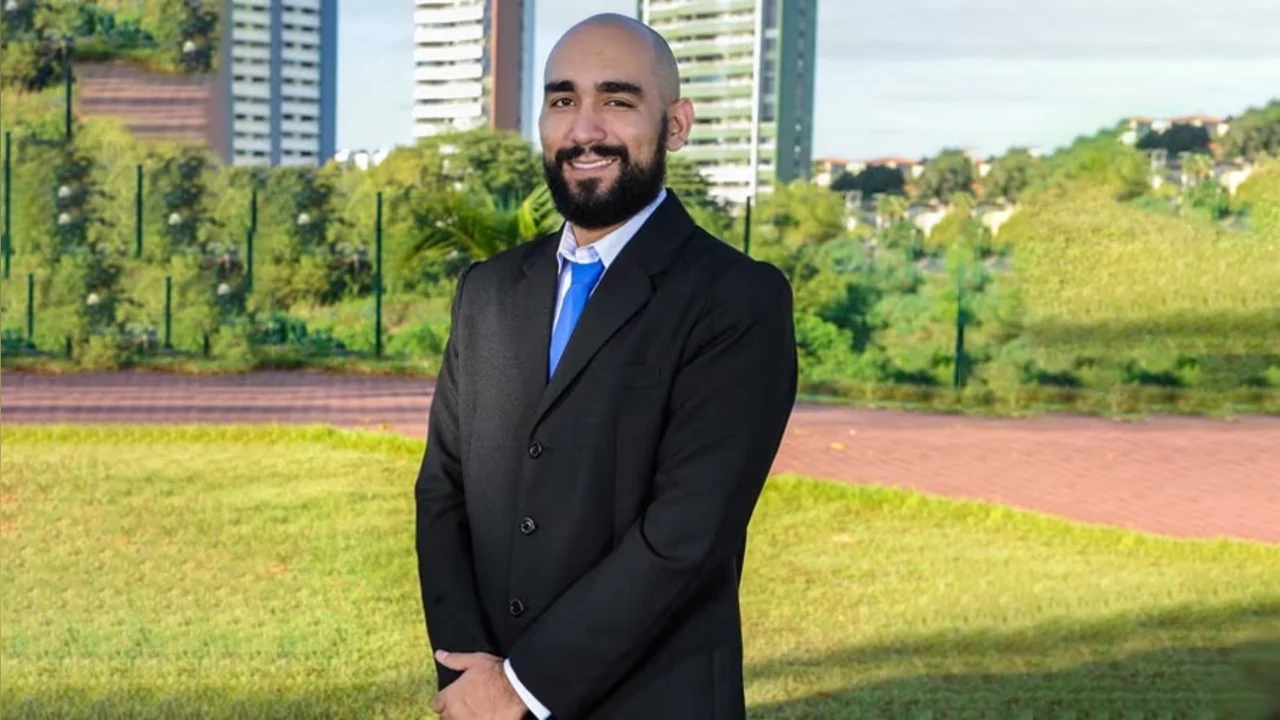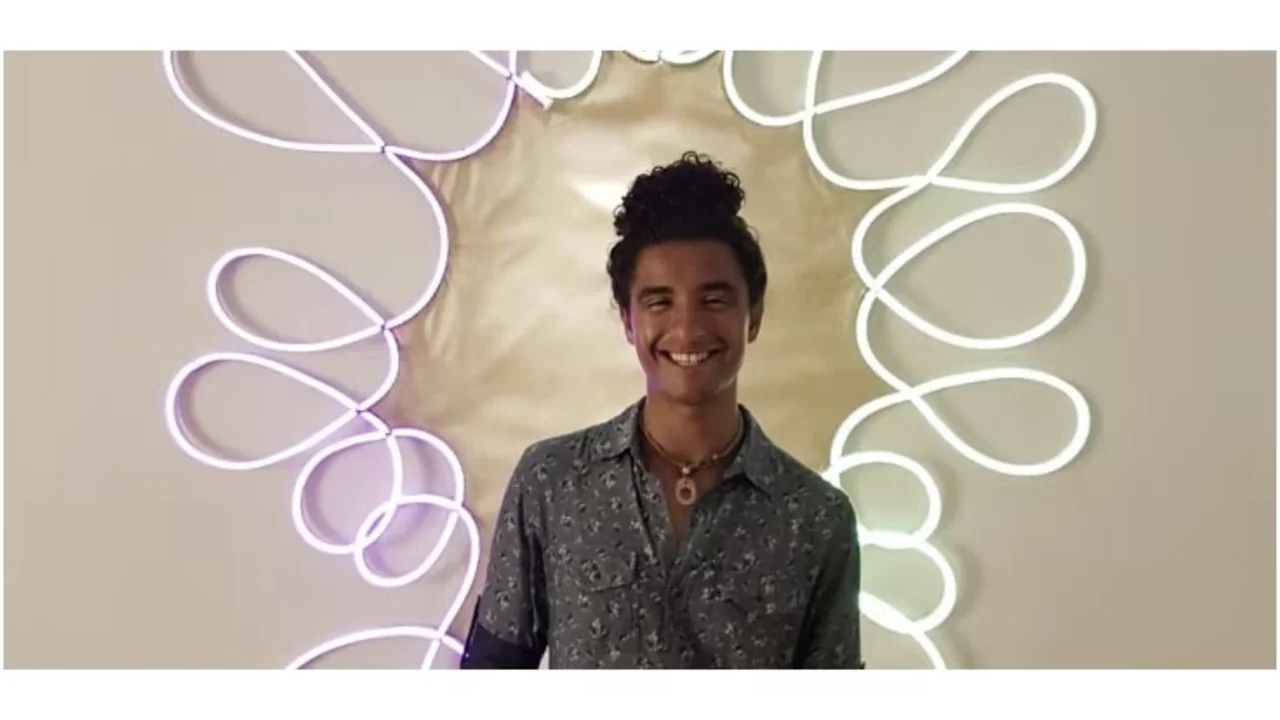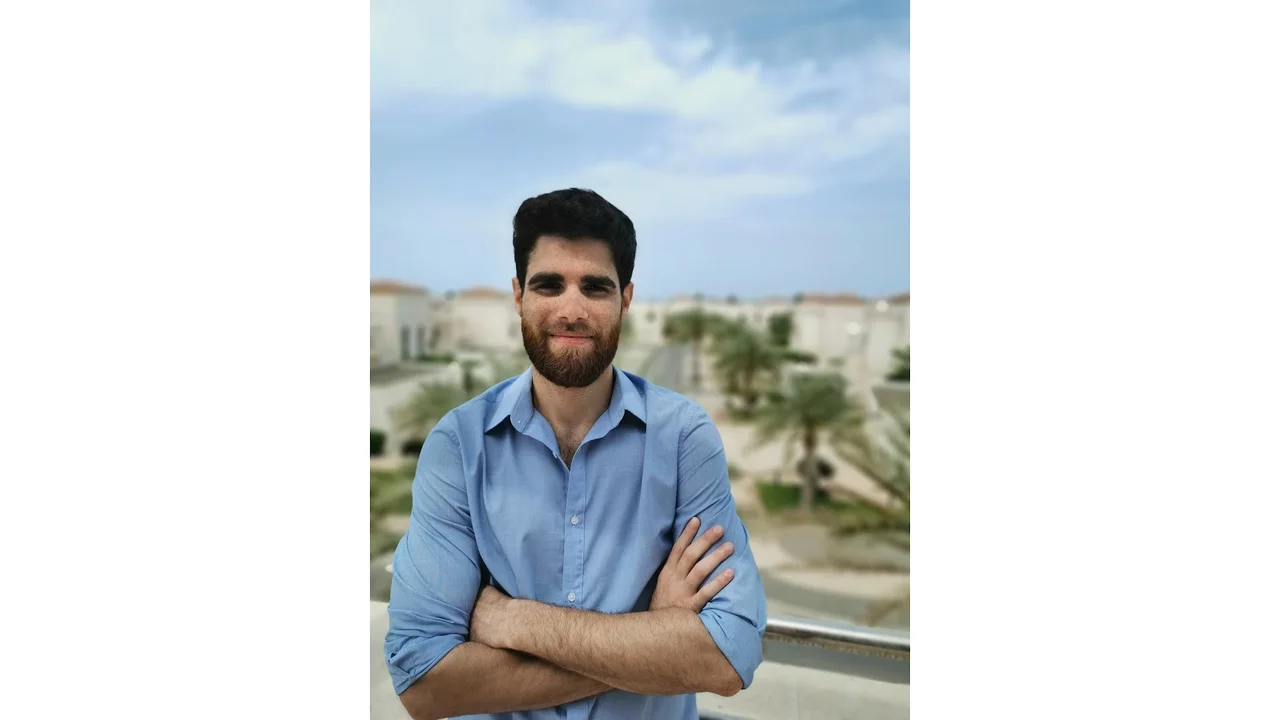Biography
Professor Salama received his B.S. (Hons.) degree from Cairo University, Egypt, in 1997. He obtained his M.S. and Ph.D. degrees in electrical engineering from Stanford University, U.S., in 2000 and 2005, respectively.
The principal investigator of the KAUST Sensors Lab, Salama joined the University in 2009. From 2009 to 2011, he served as the founding program chair for Electrical Engineering at KAUST. Before joining KAUST, he worked as an assistant professor at Rensselaer Polytechnic Institute, U.S., from 2005 to 2009.
Dr. Salama—a senior member of the Institute of Electrical and Electronics Engineers (IEEE)—has authored 360 articles and holds 50 patents on low-power mixed-signal circuits for intelligent, fully integrated sensors and nonlinear electronics, particularly memristor devices.
His work on complementary metal-oxide semiconductor (CMOS) sensors for molecular detection has been funded by the National Institutes of Health (NIH) and the Defense Advanced Research Projects Agency (DARPA). He is also the co-founder of Ultrawave Labs, a biomedical imaging company.
Salama received the Stanford-Berkeley Innovators Challenge Award in Biological Science.
Research Interests
Professor Salama’s research interests cover various interdisciplinary aspects of electronic circuit design and semiconductor fabrication. He is actively engaged in developing devices, circuits, systems and algorithms to enable inexpensive analytical platforms for a variety of industrial, environmental and biomedical applications.
Salama’s most recent research has focused on developing neuromorphic circuits for brain emulation.
